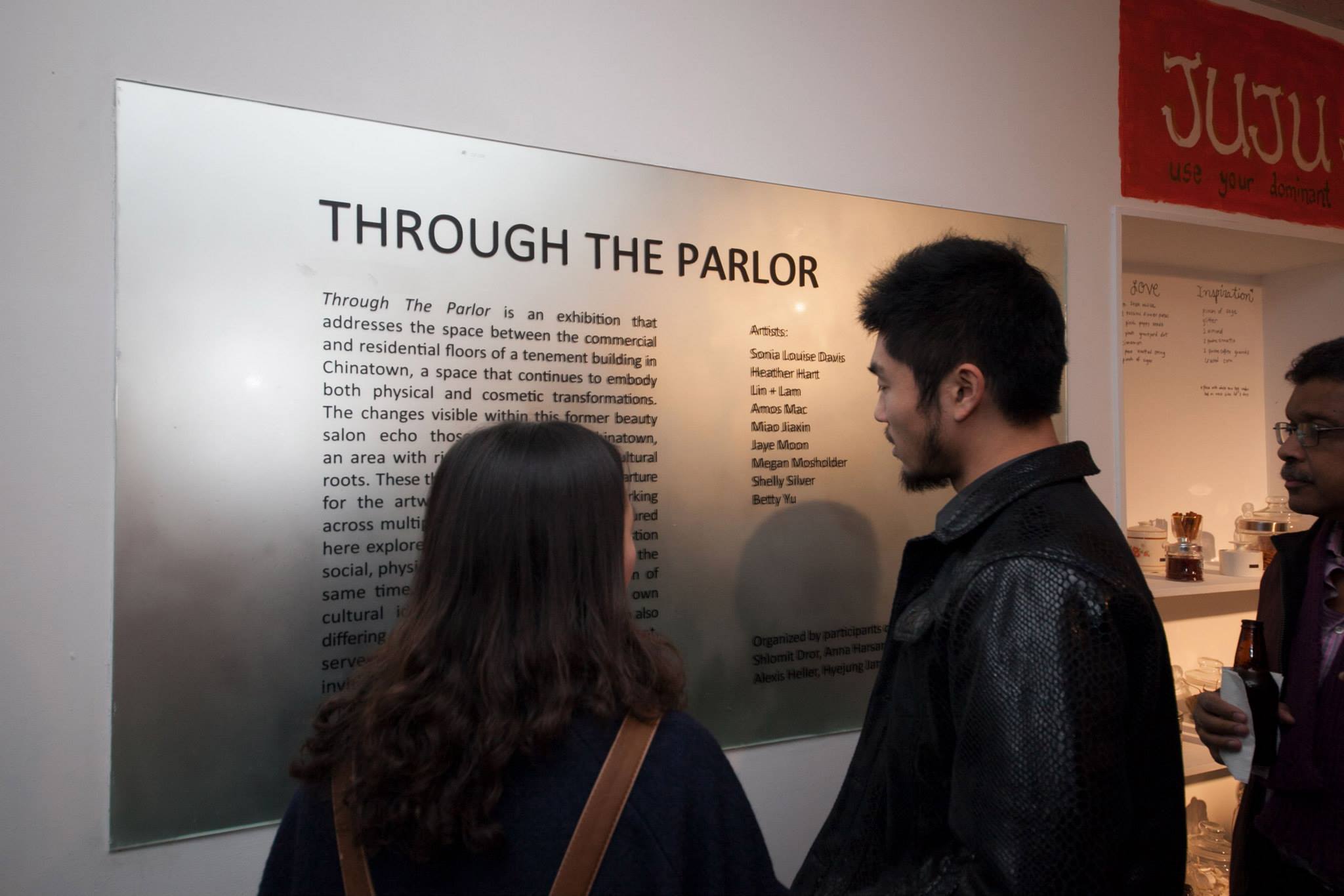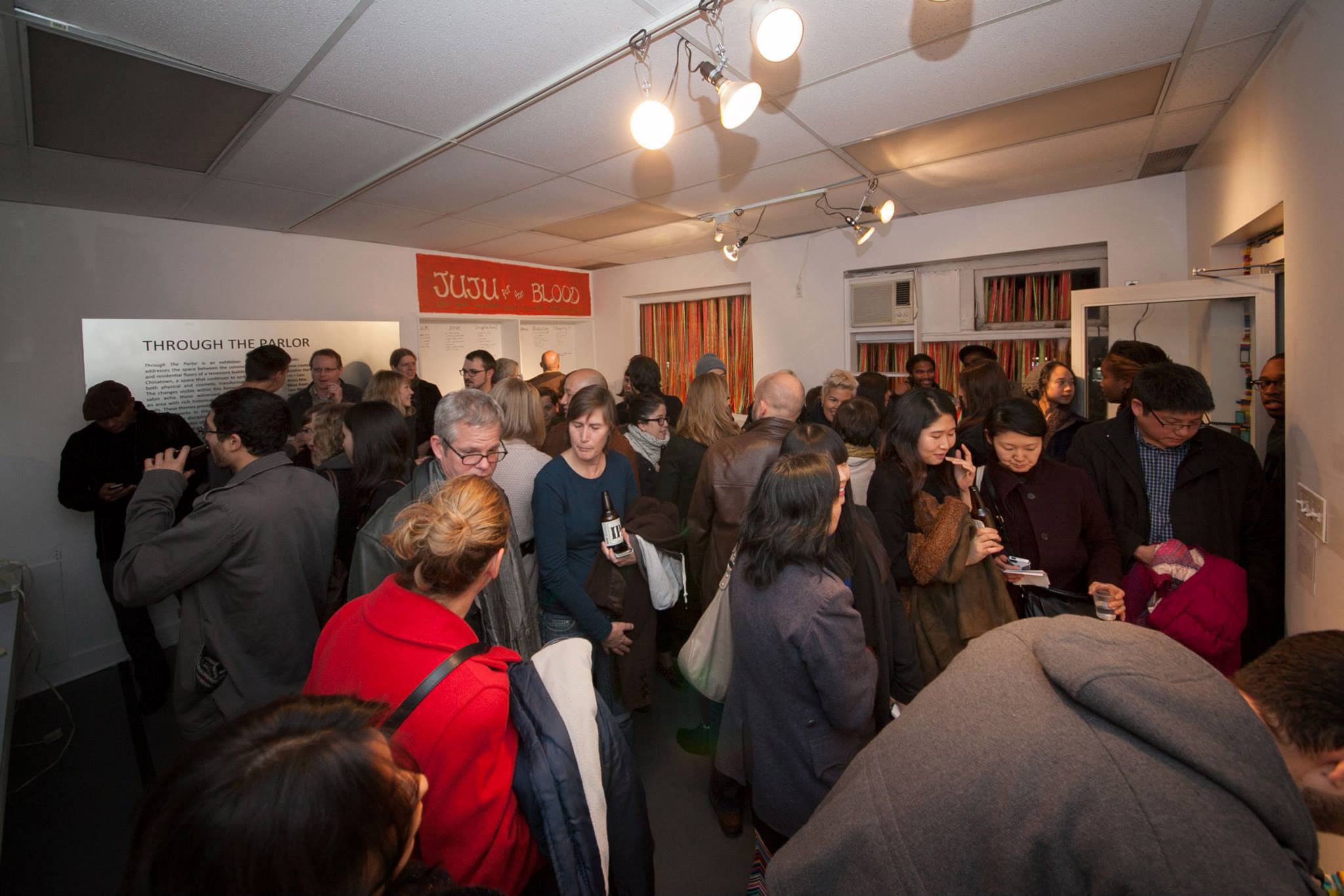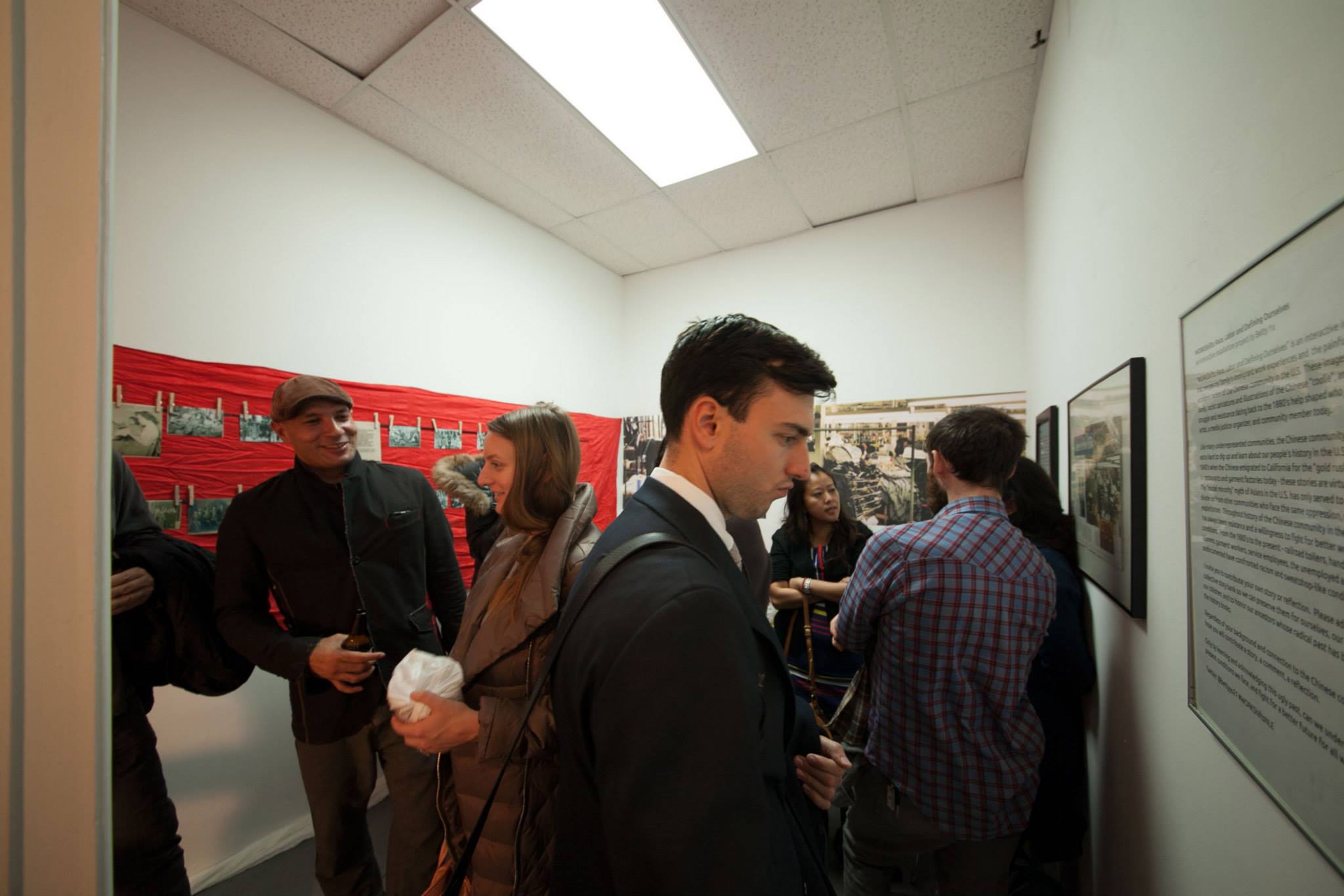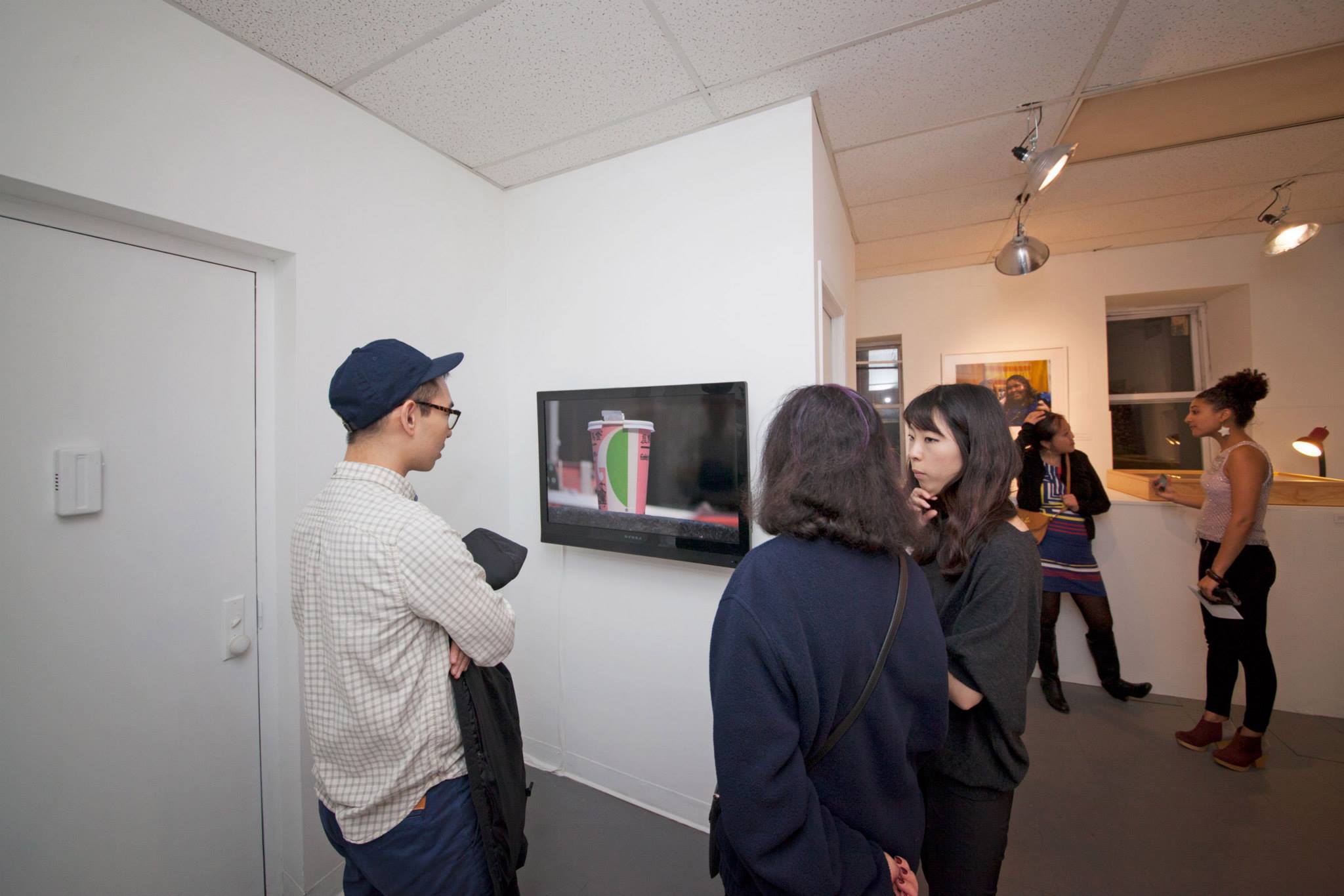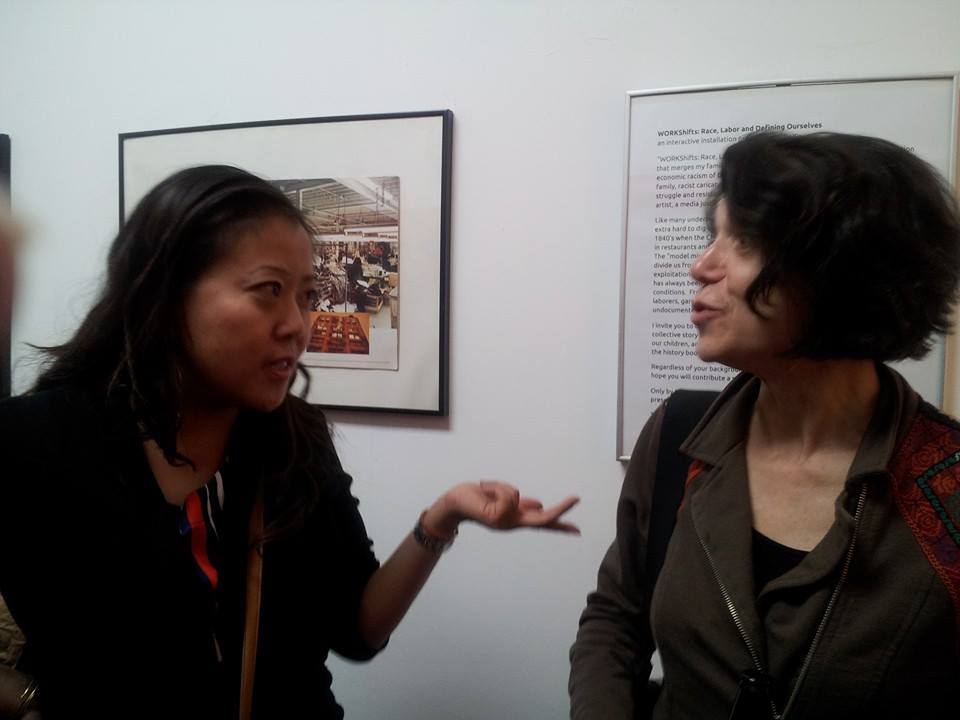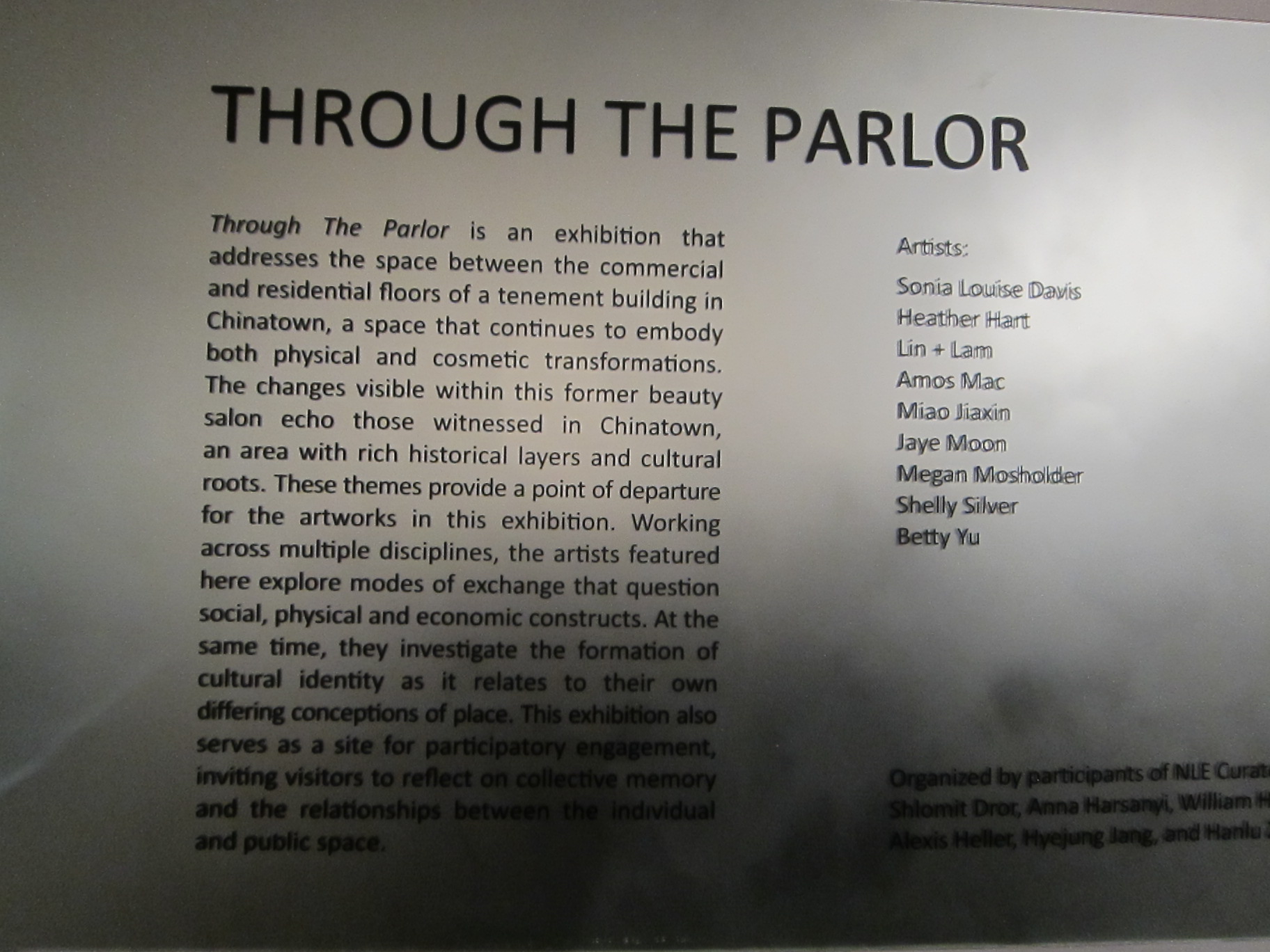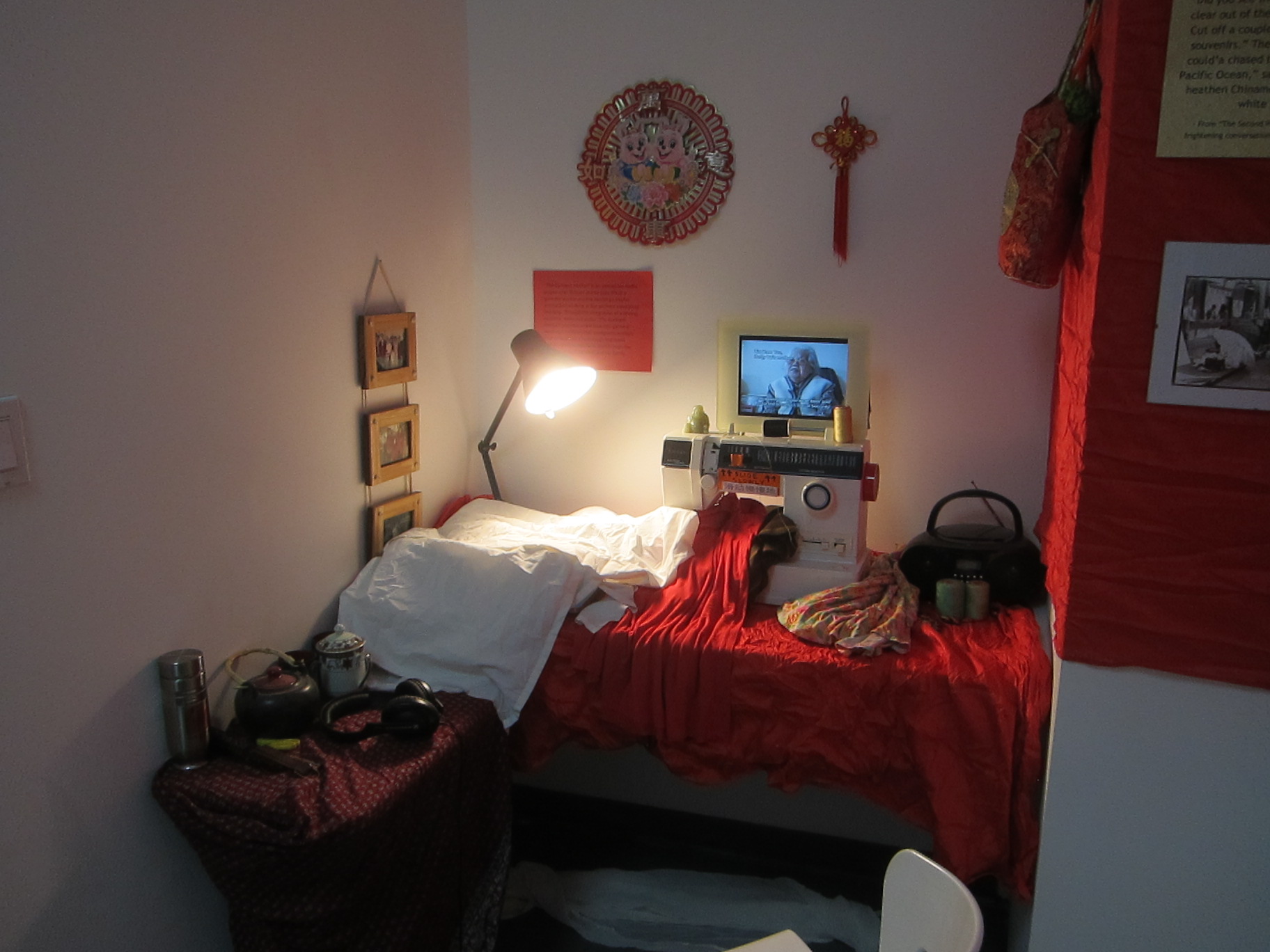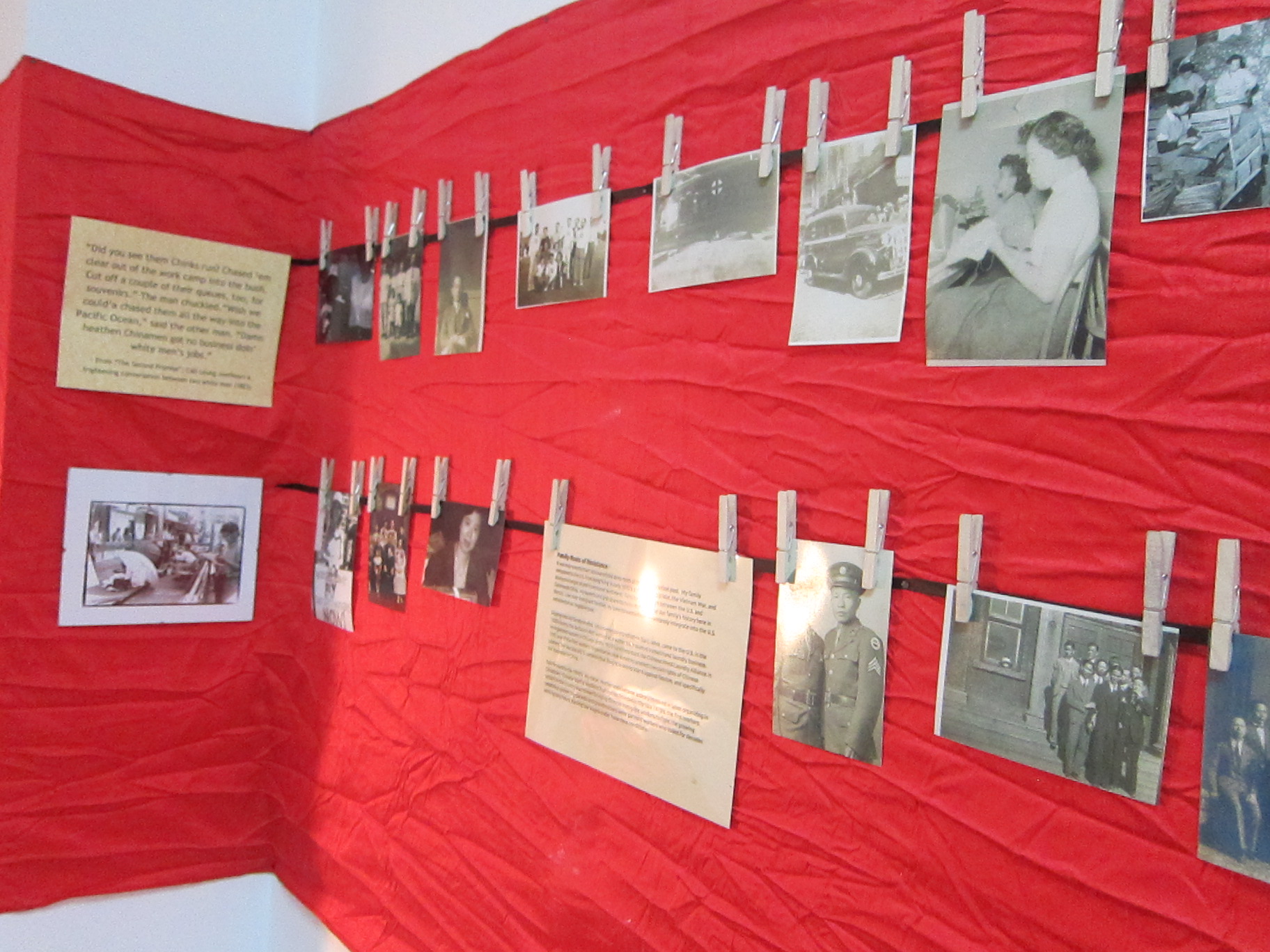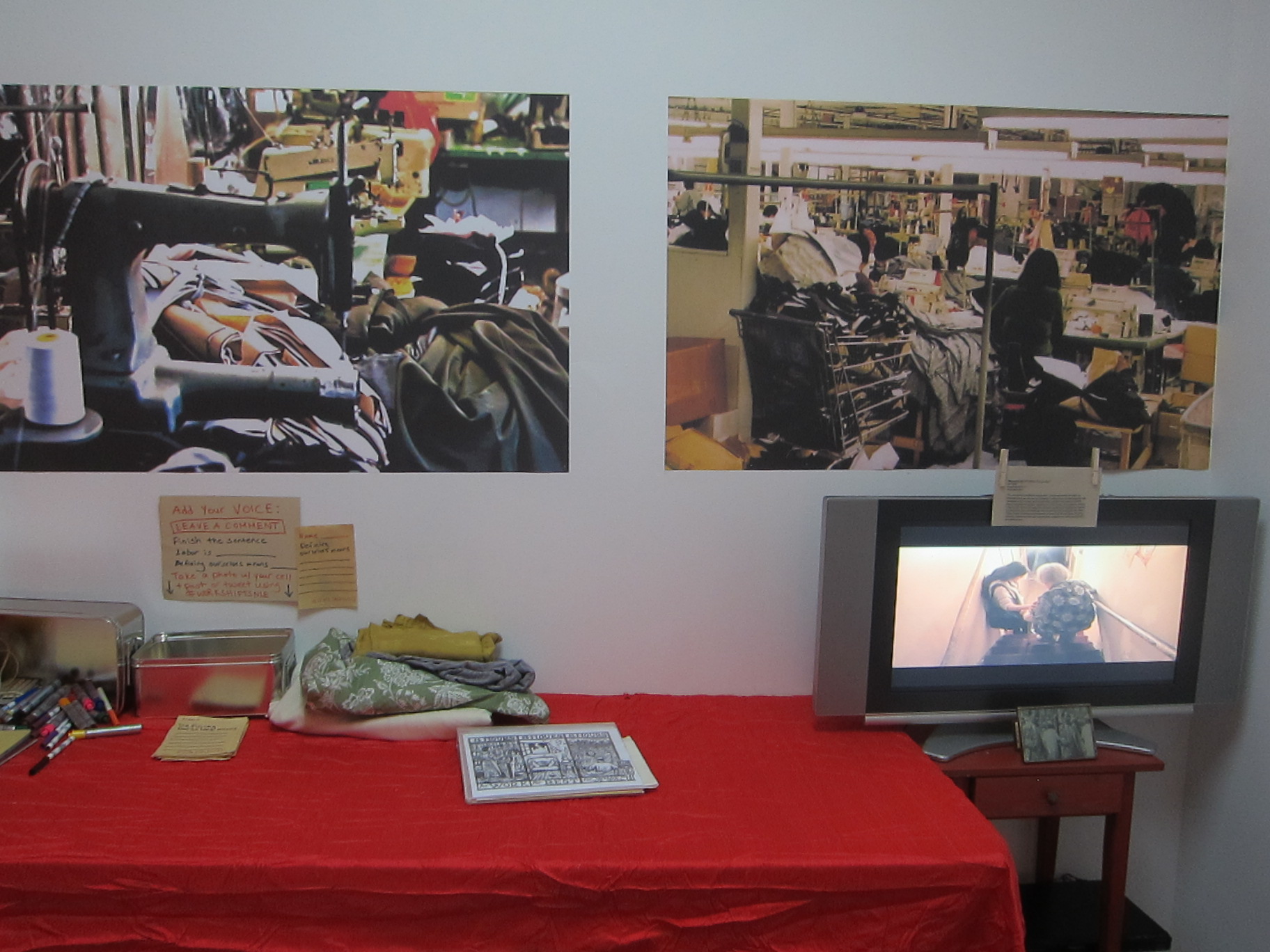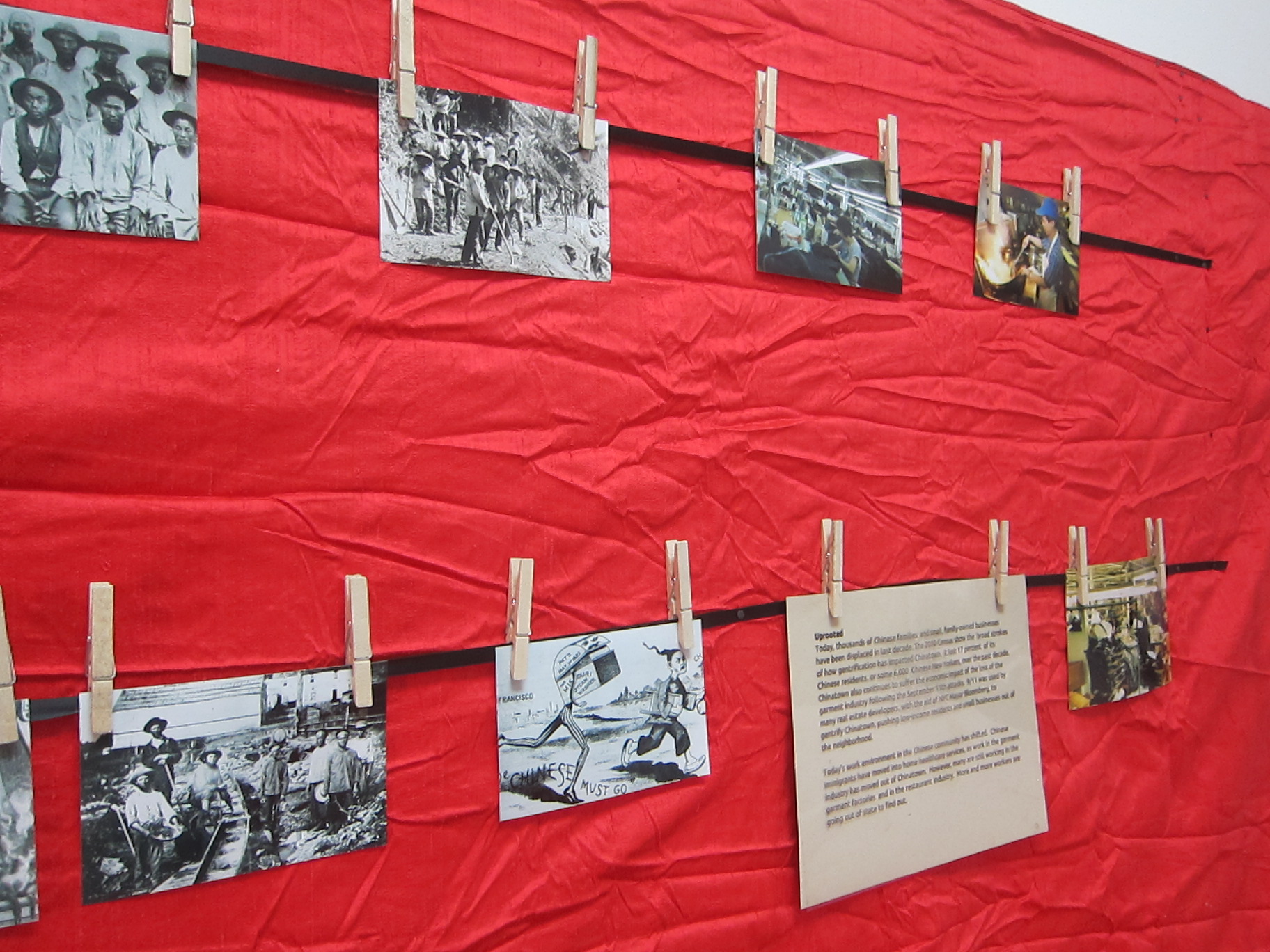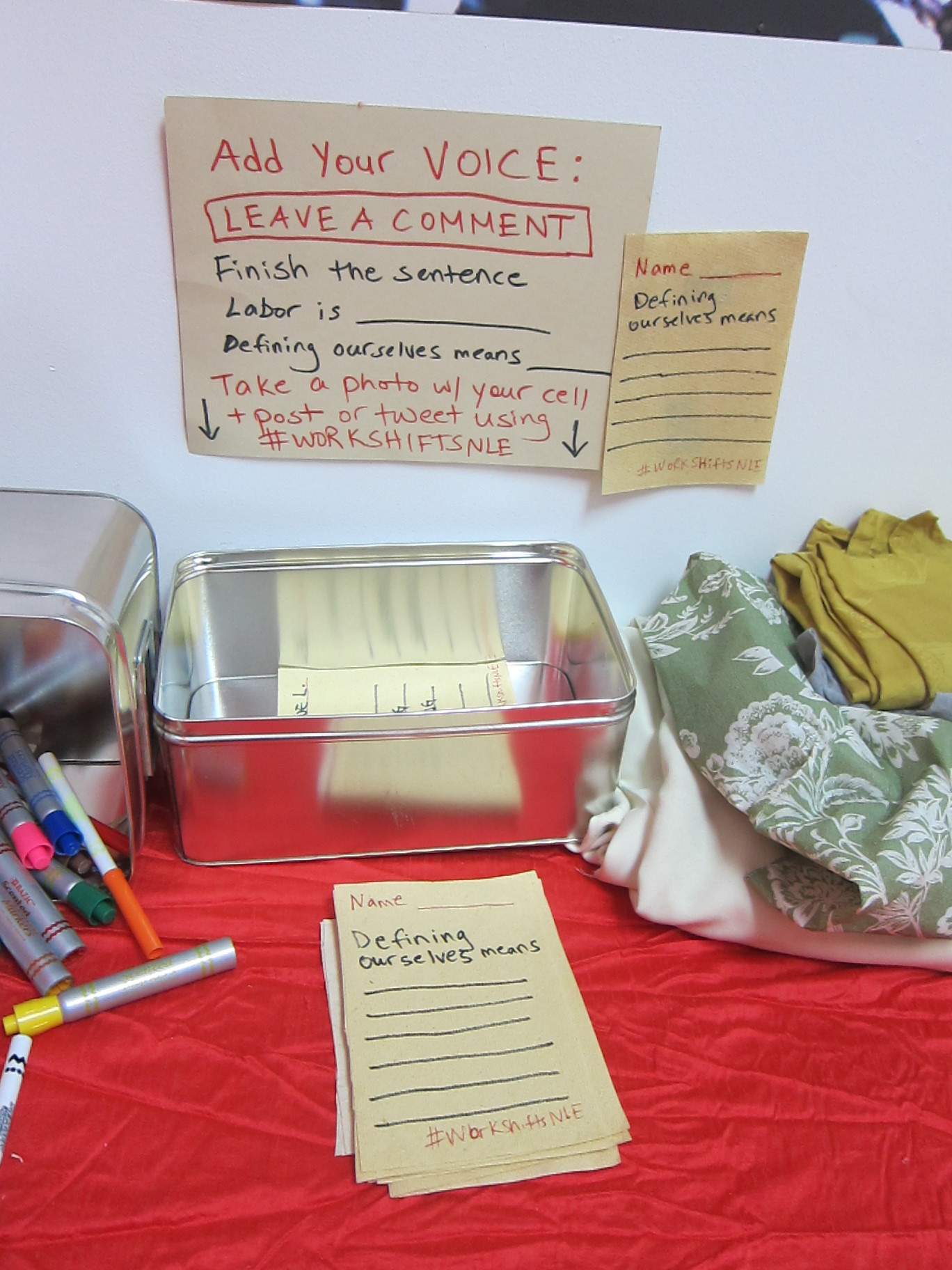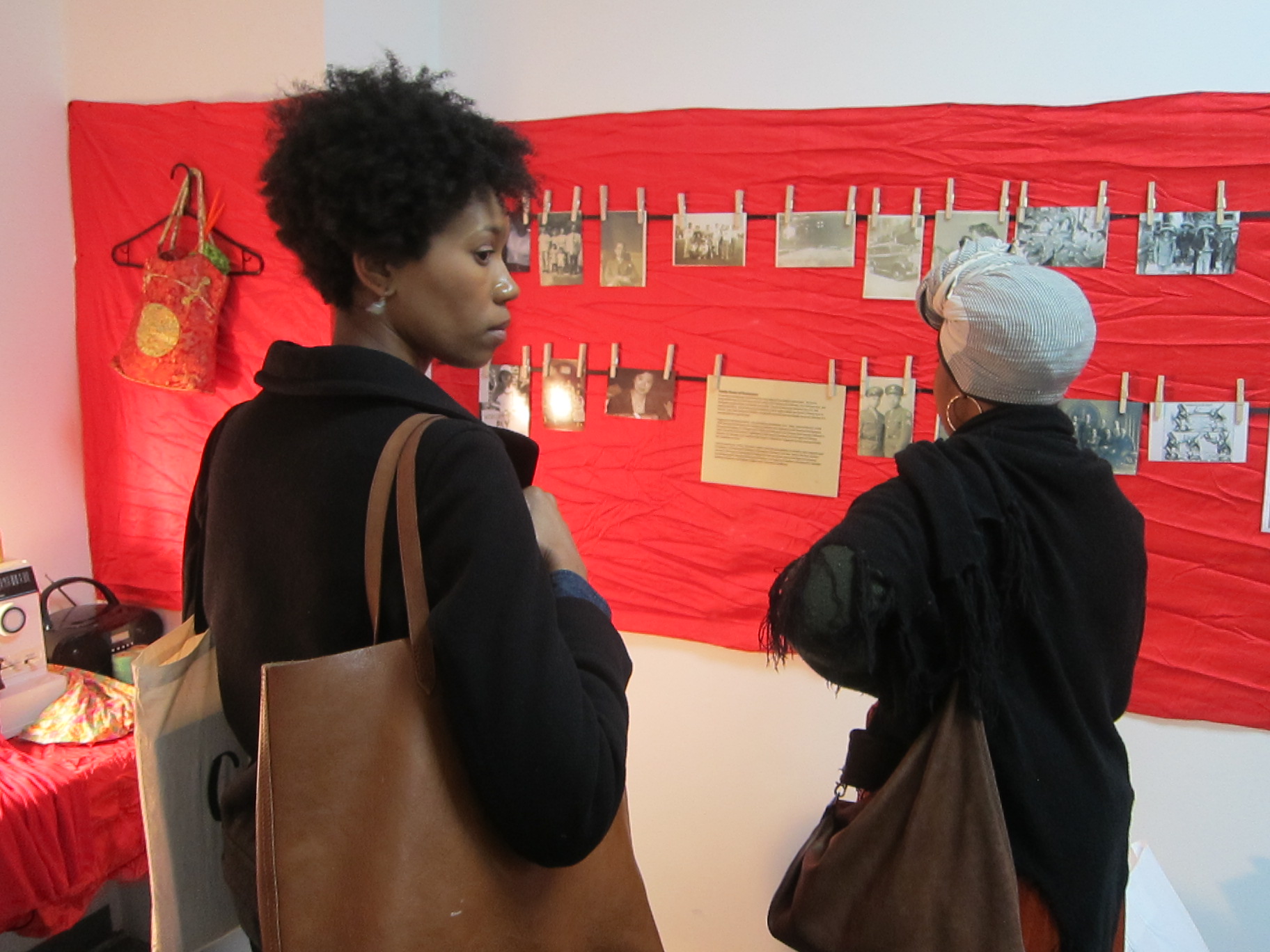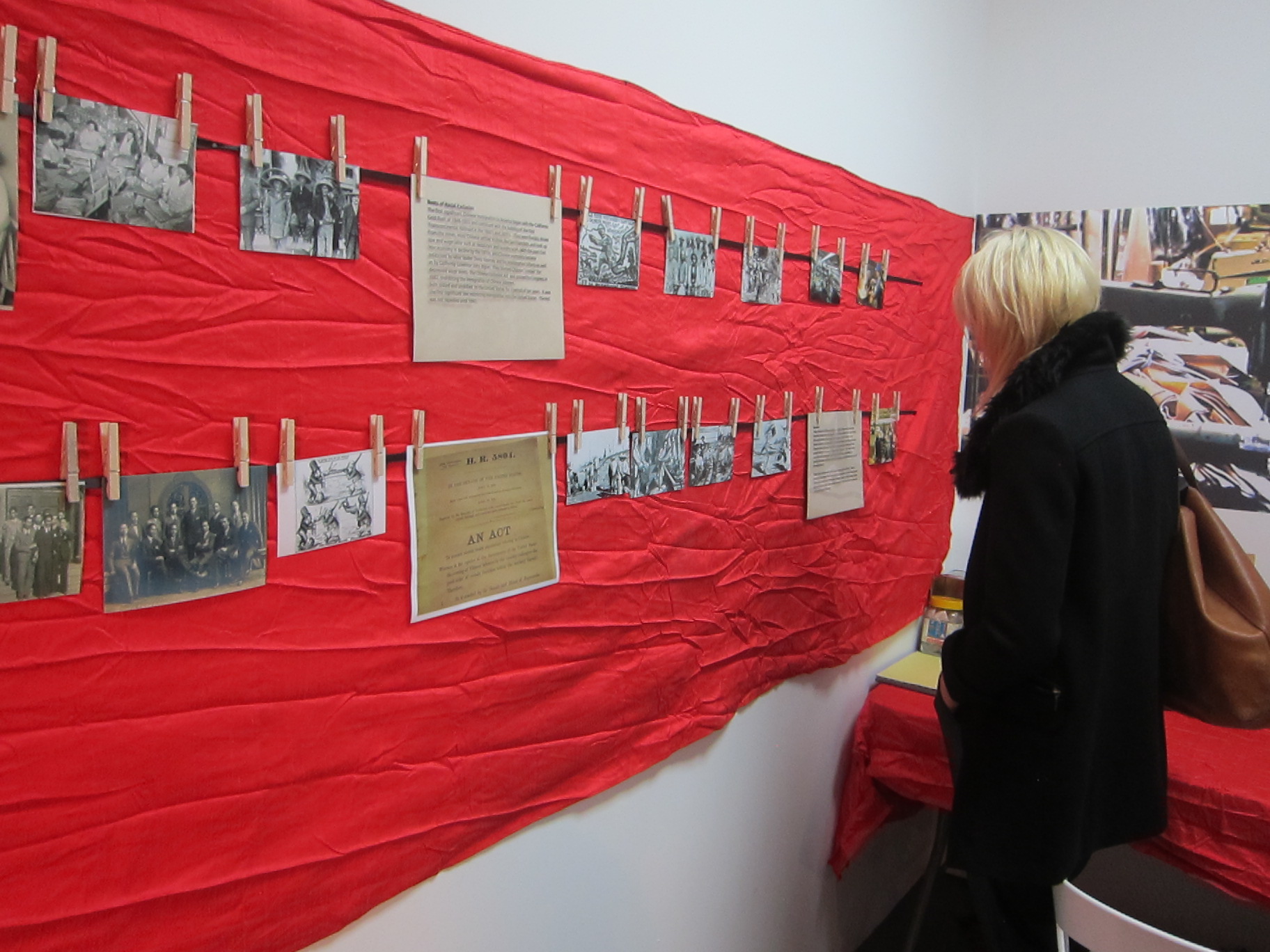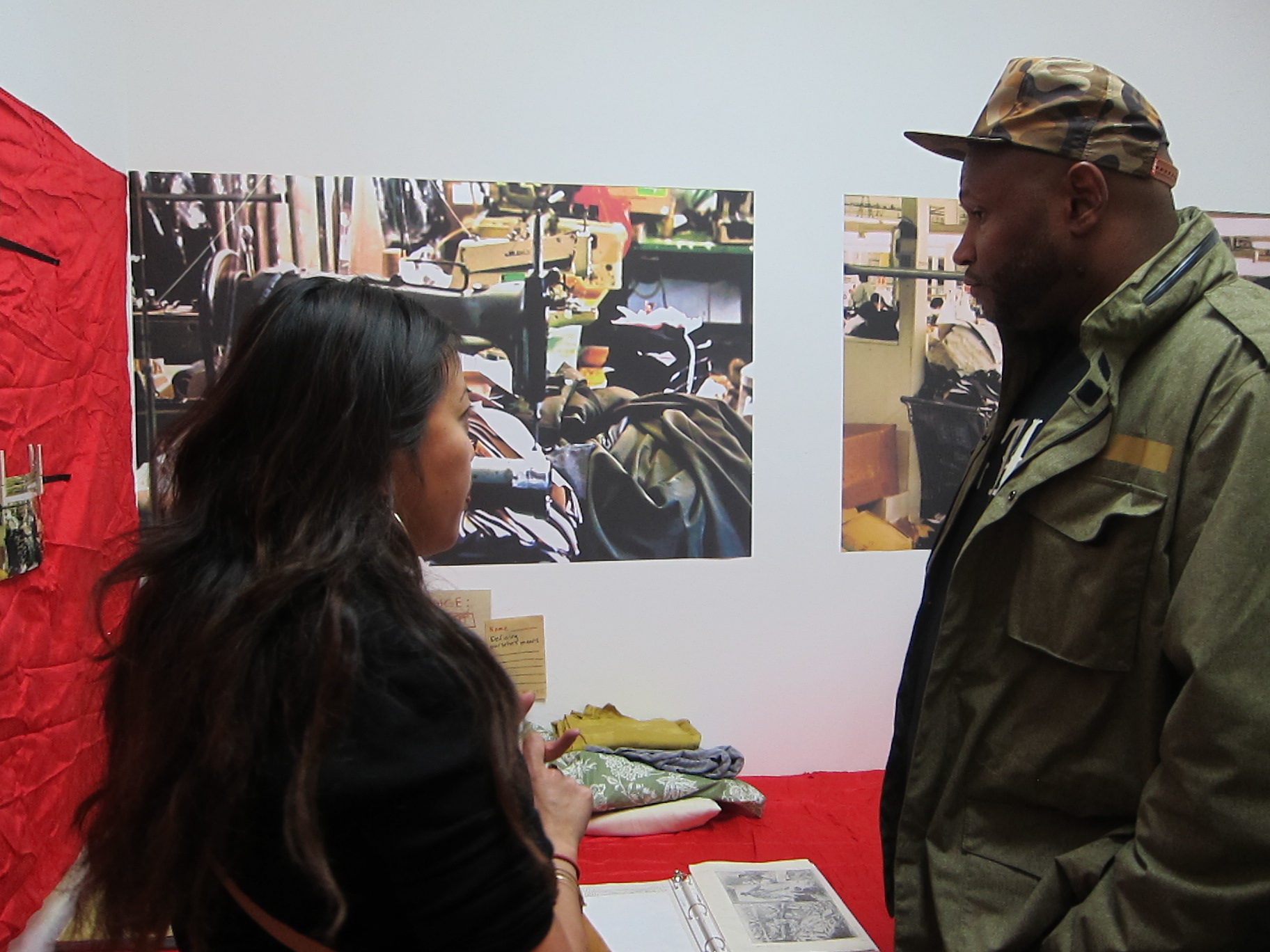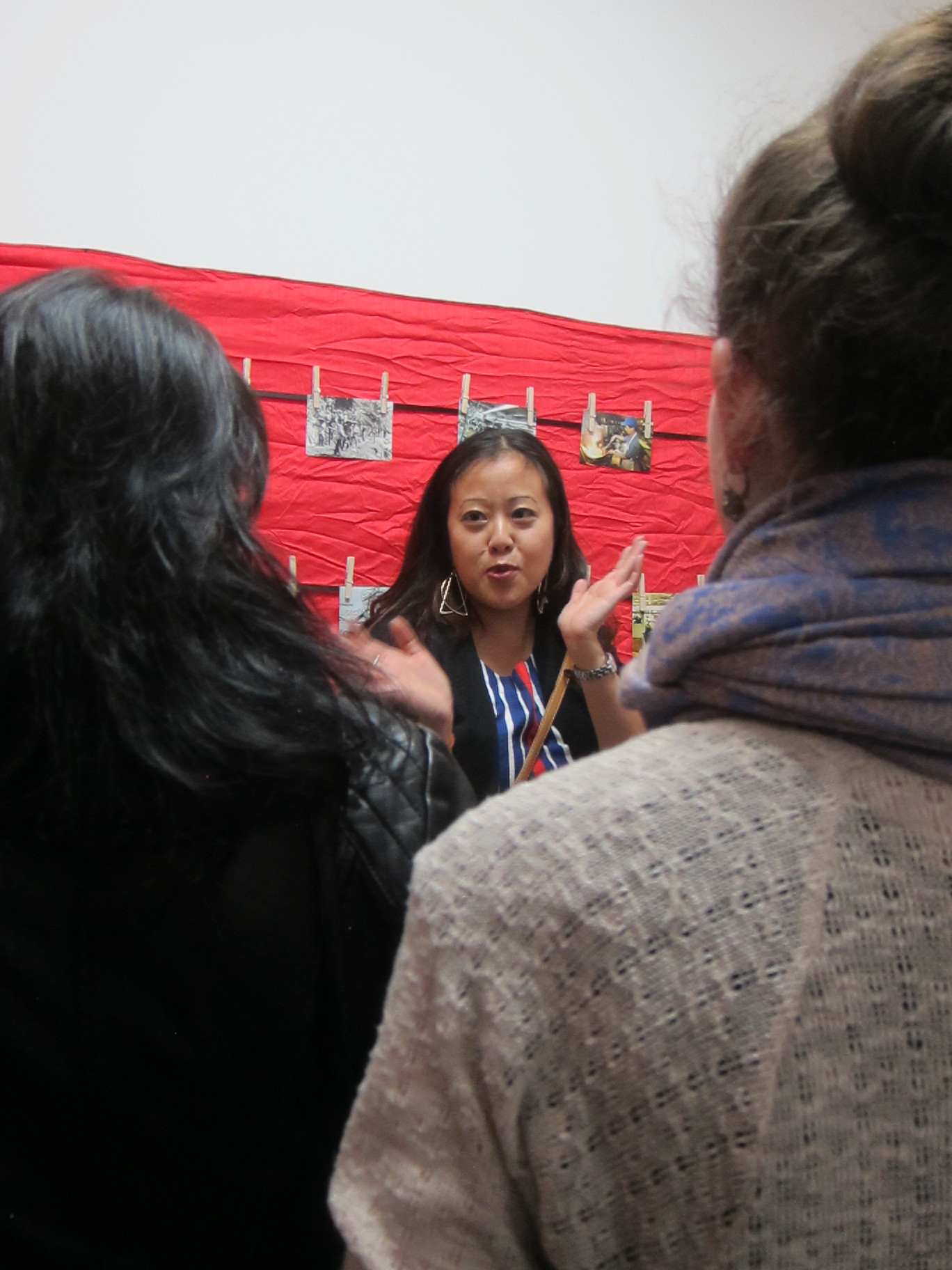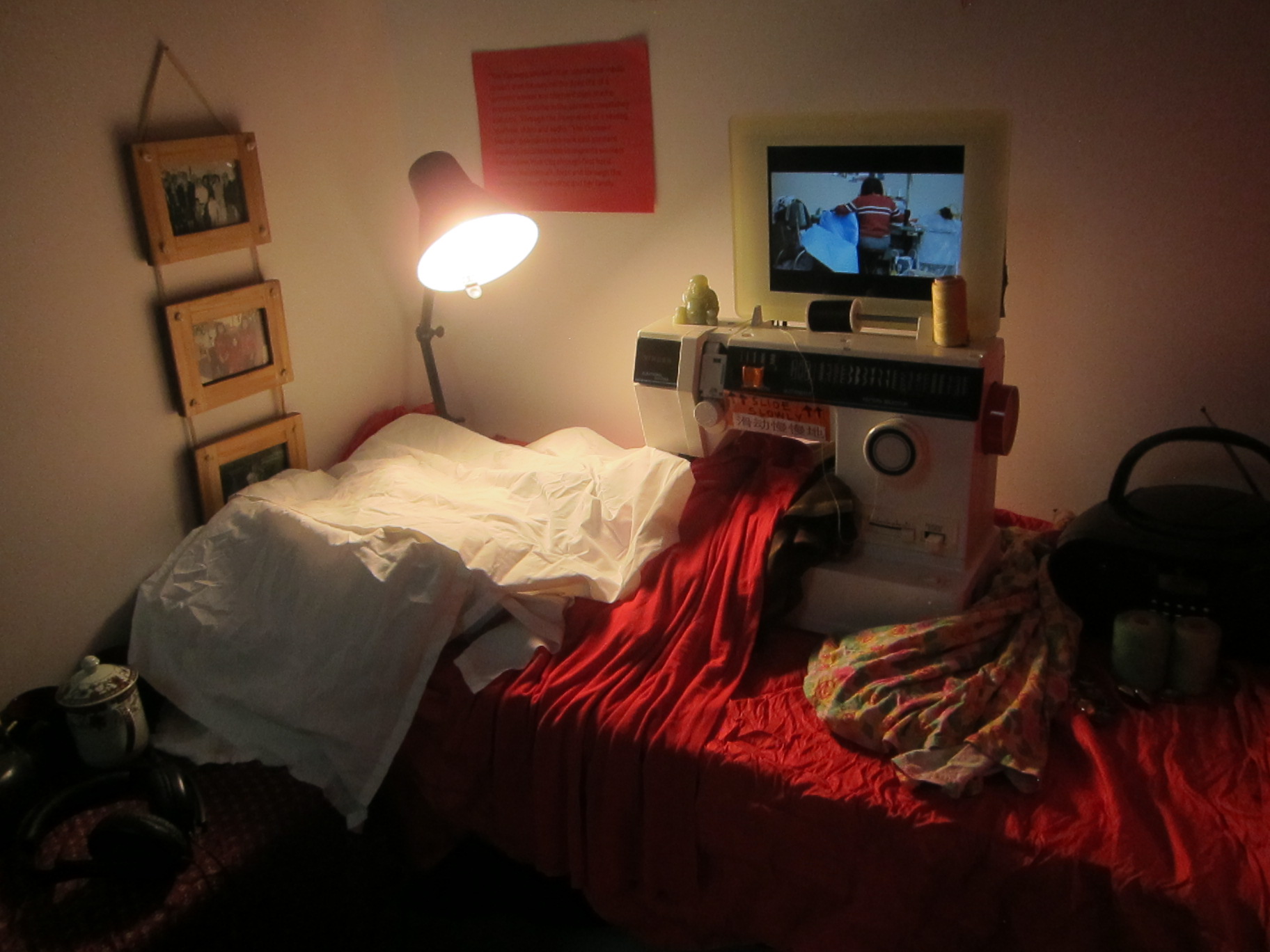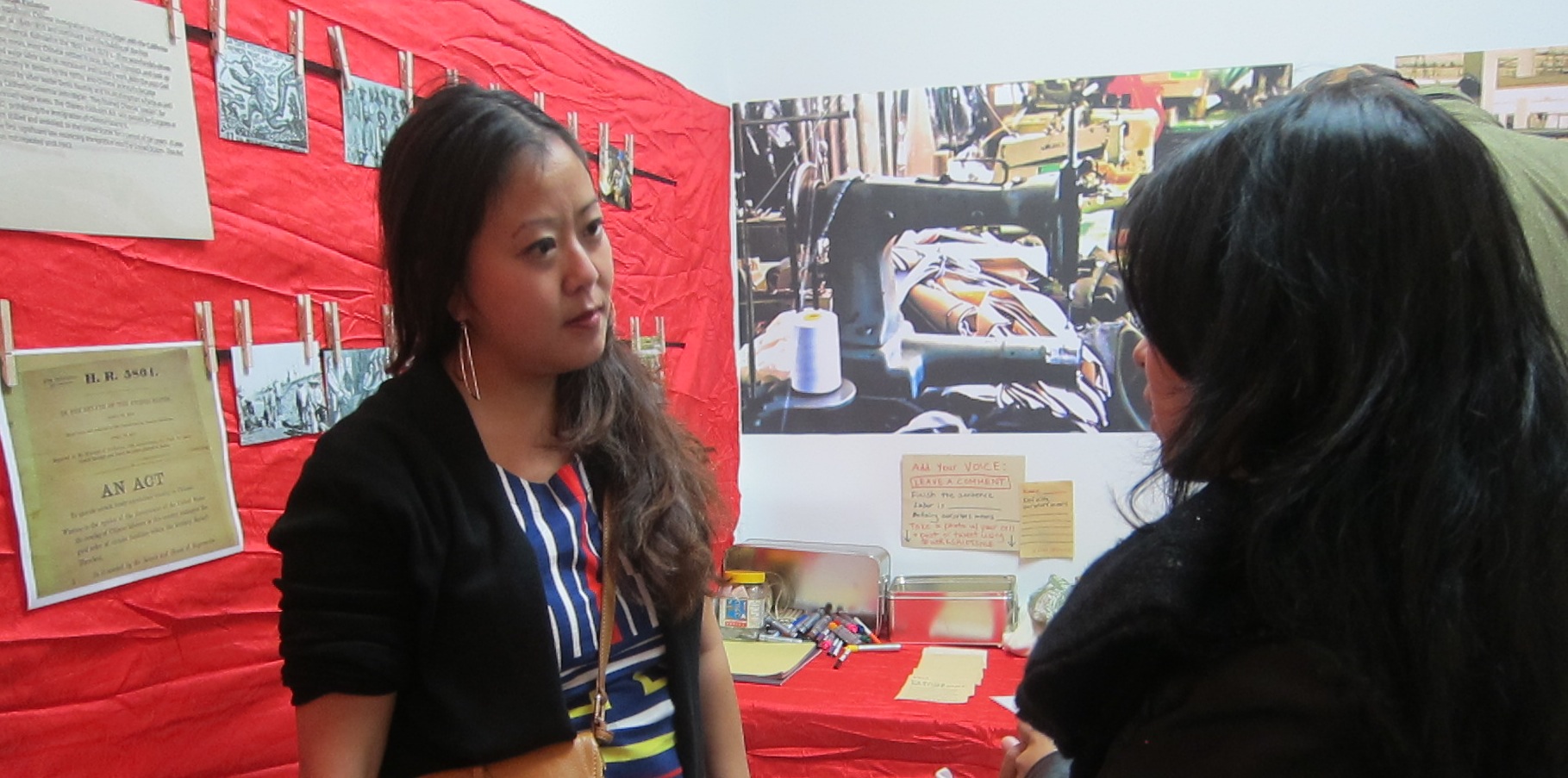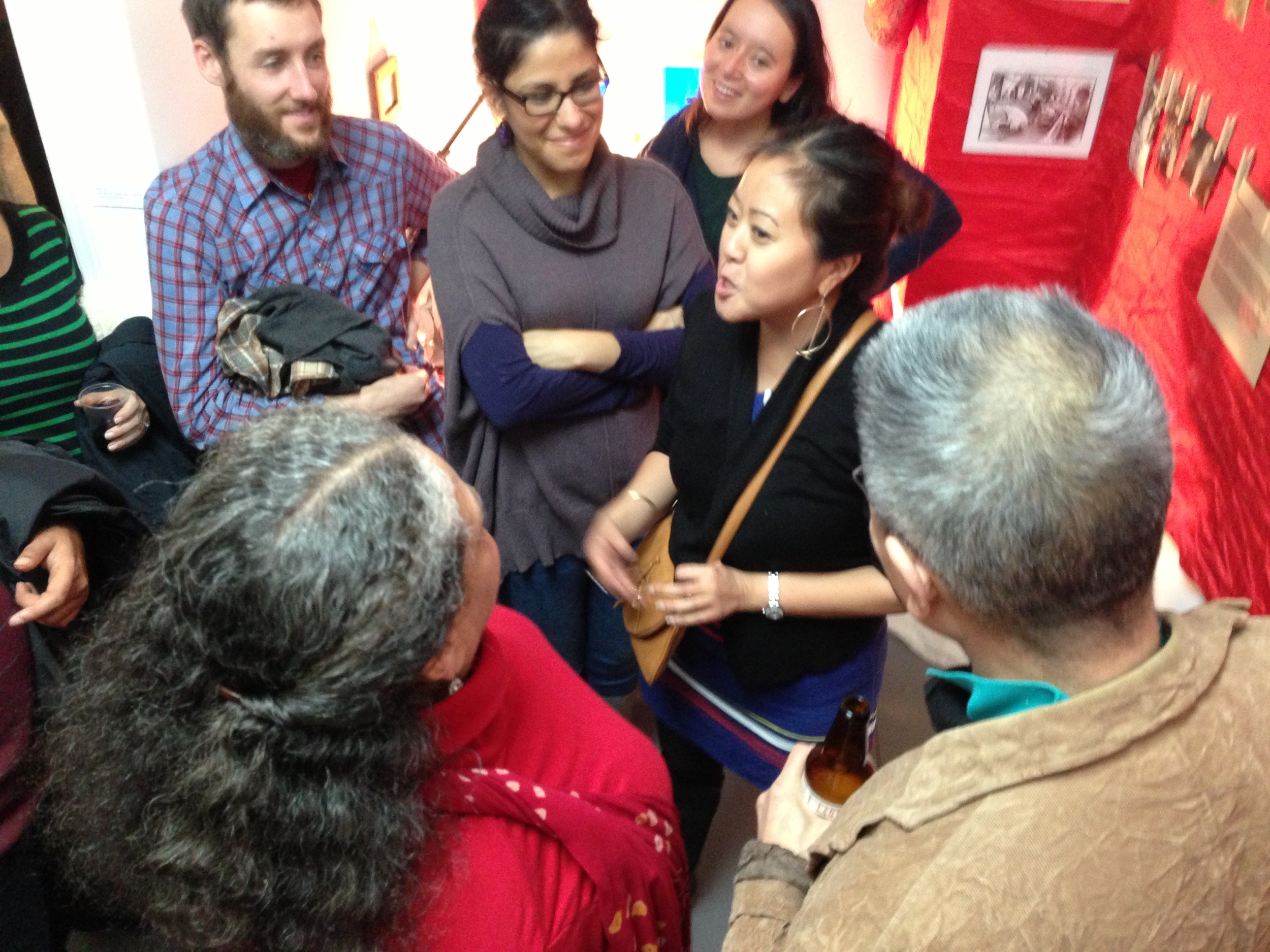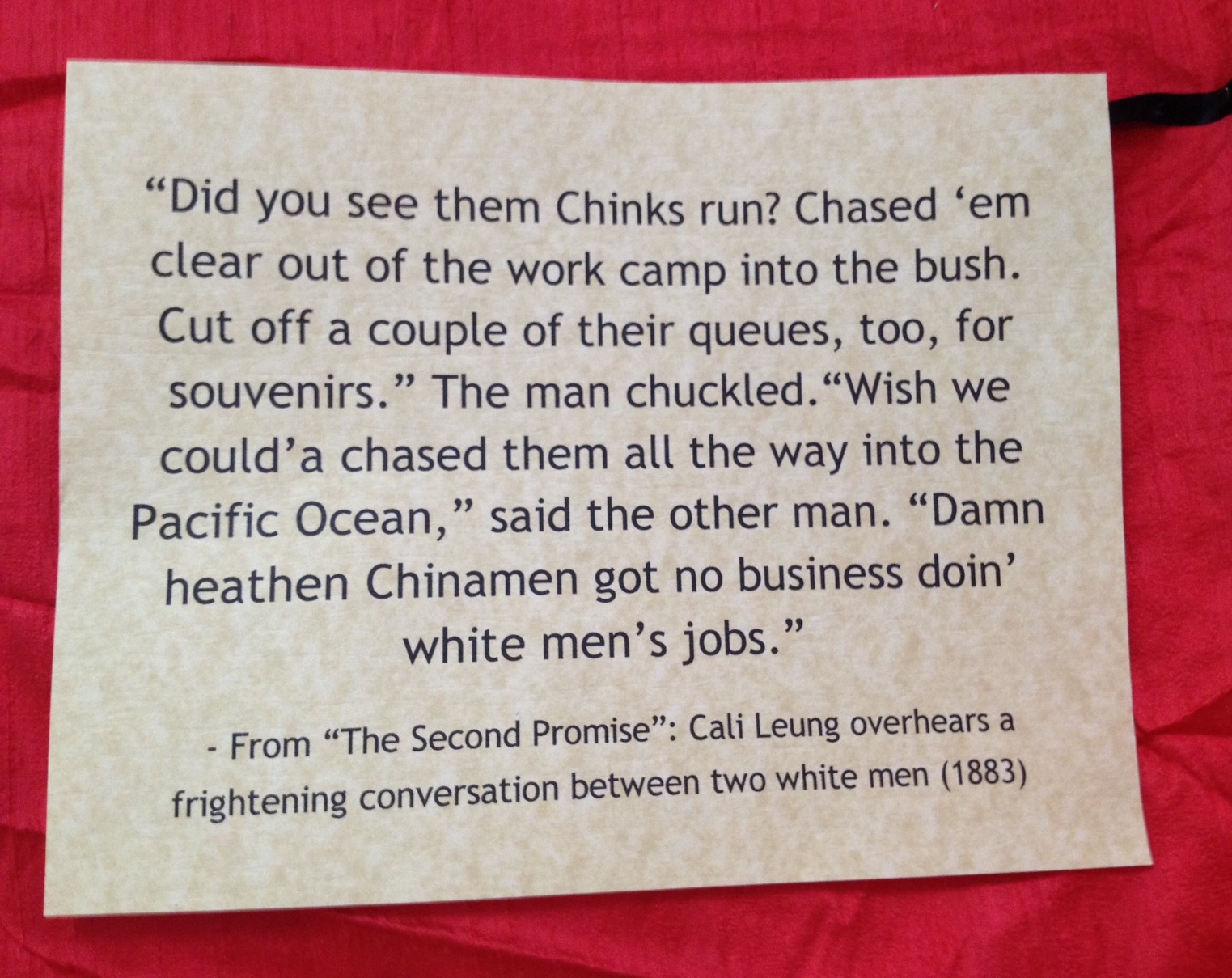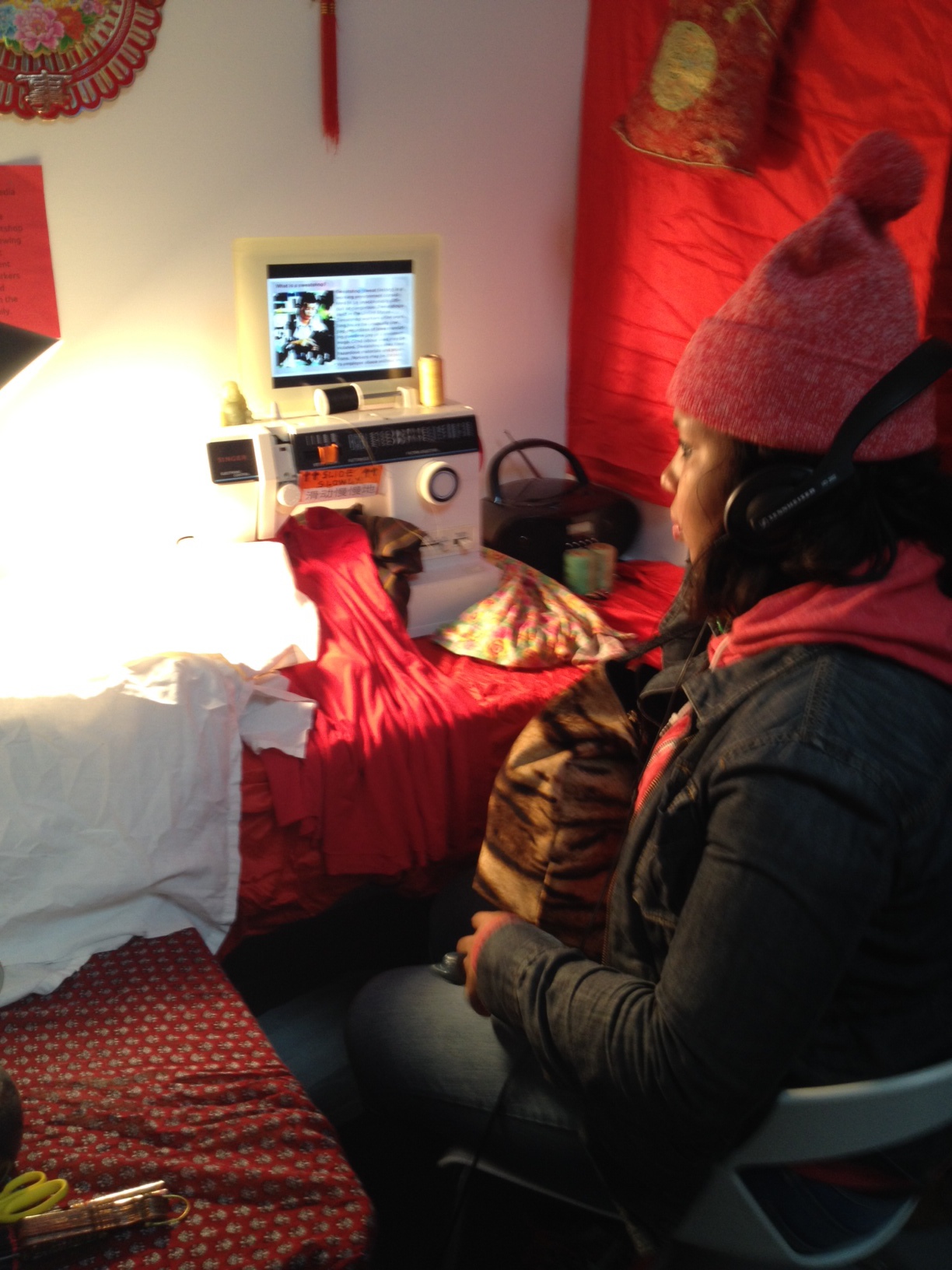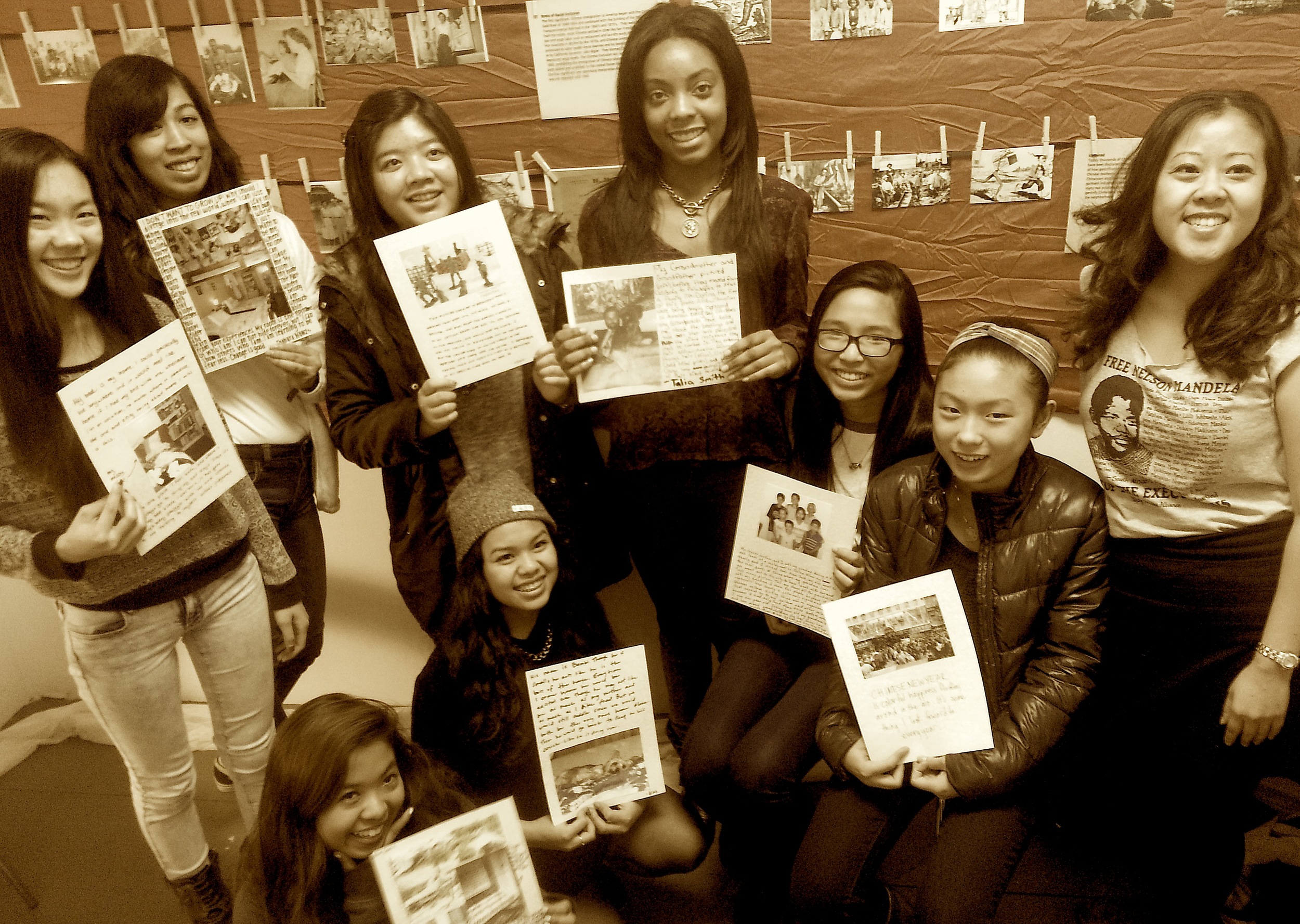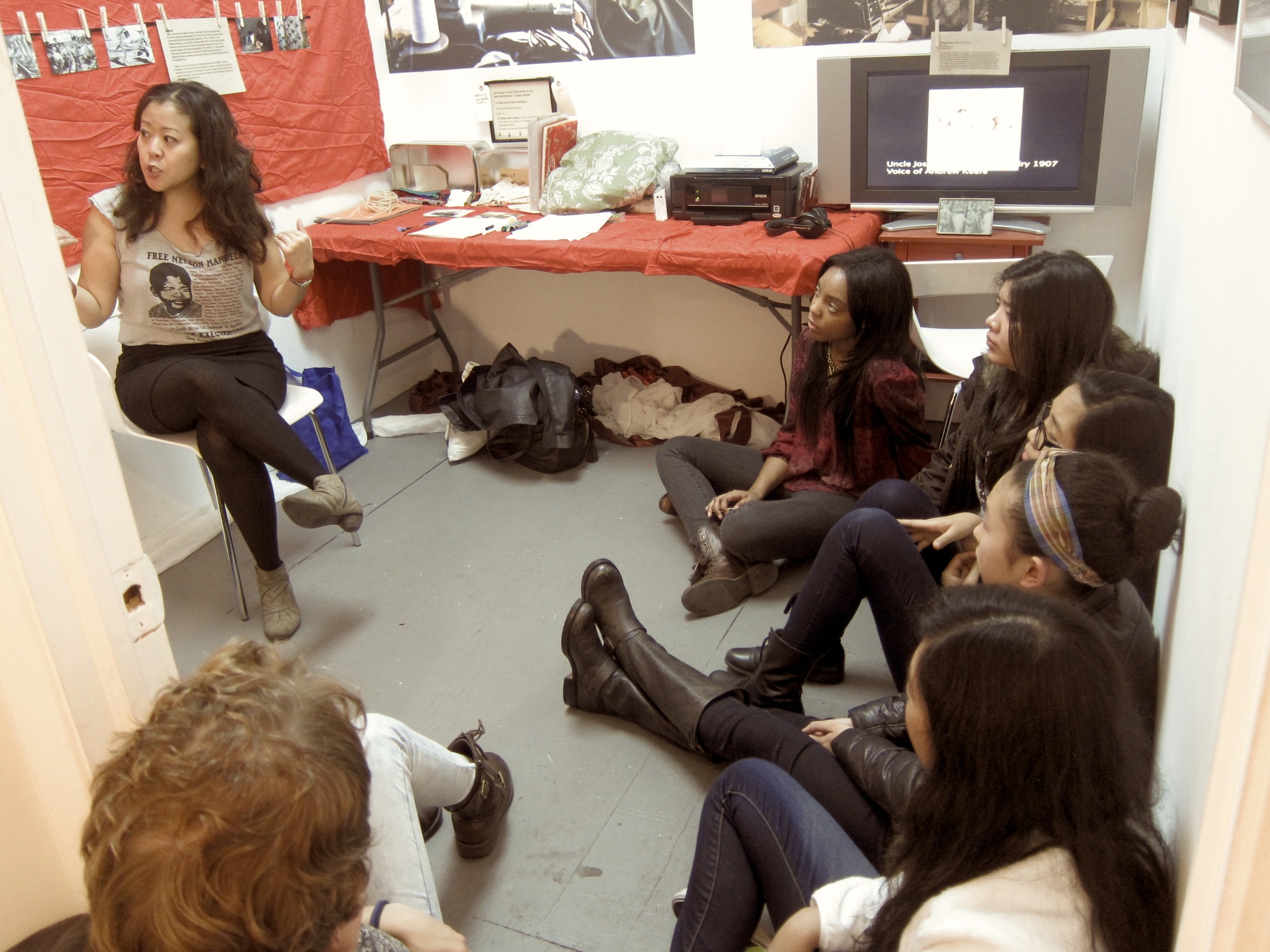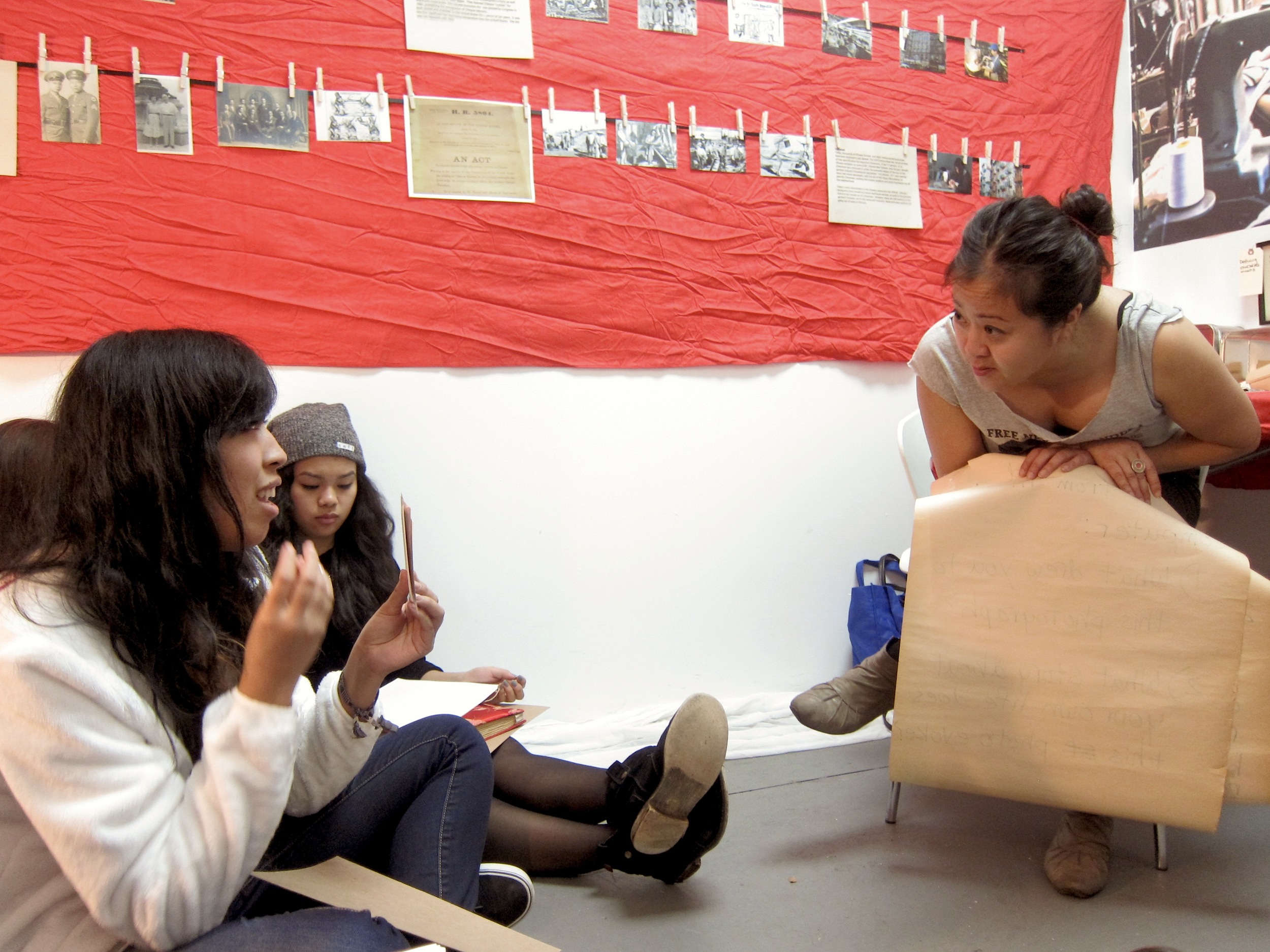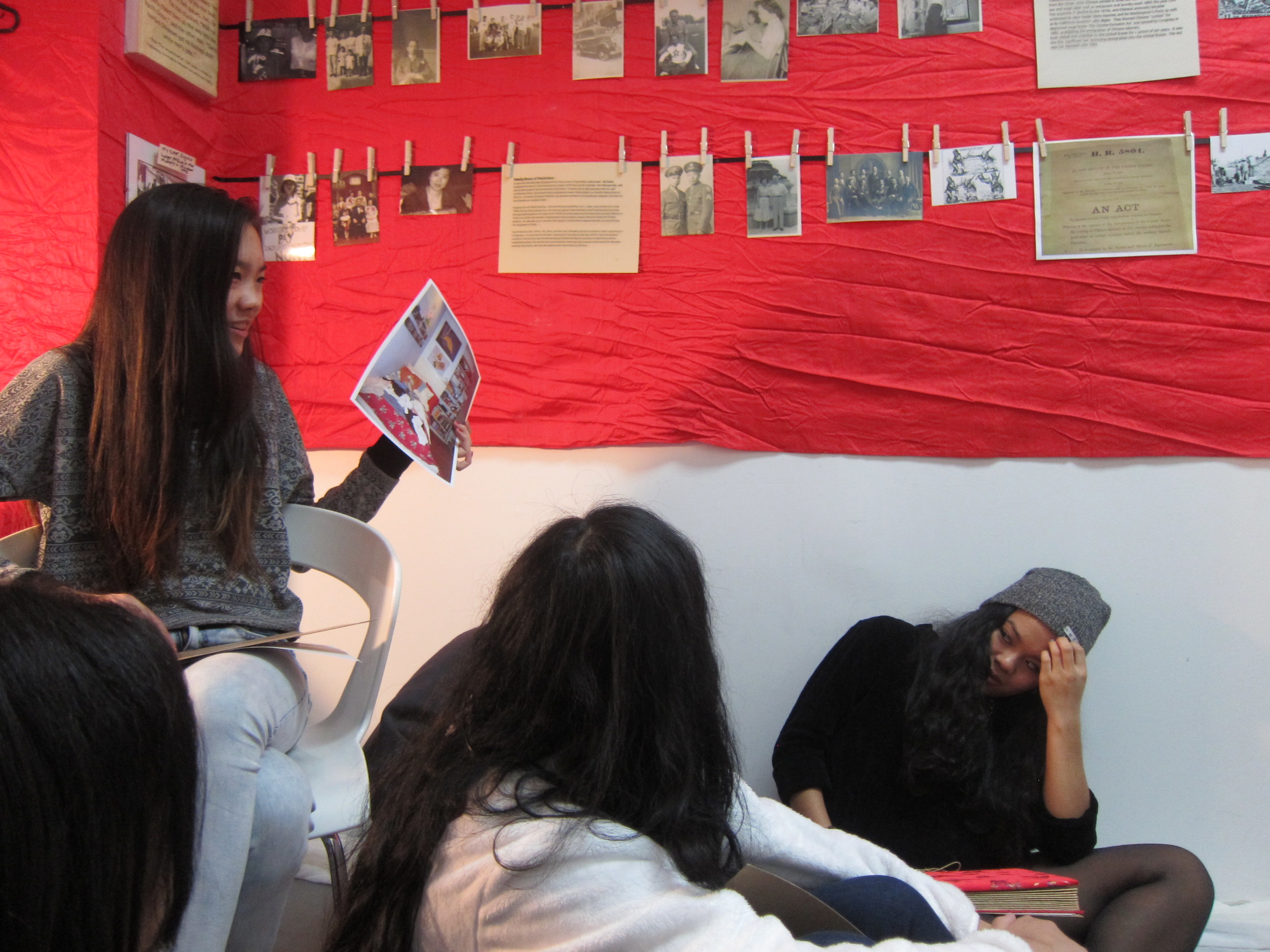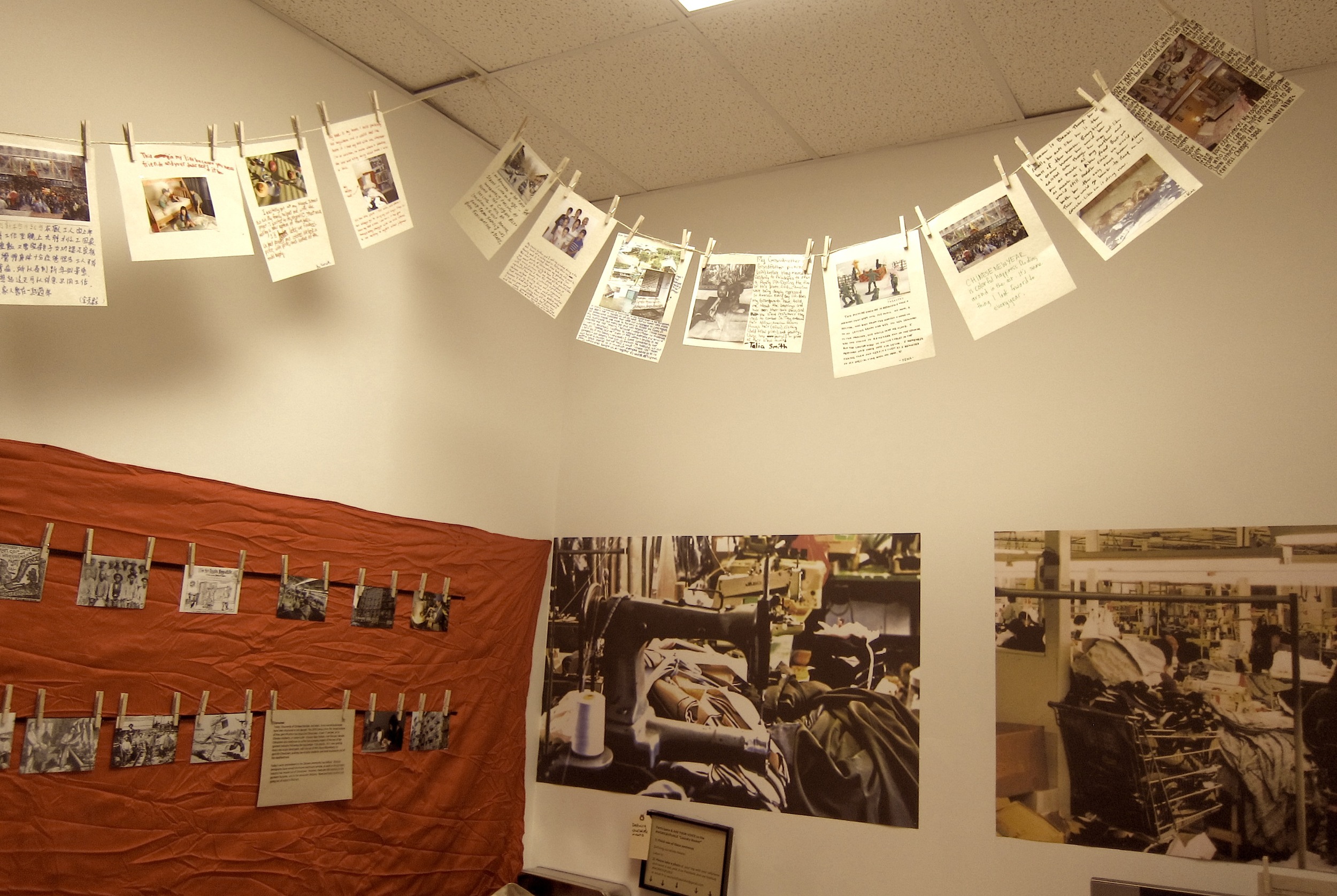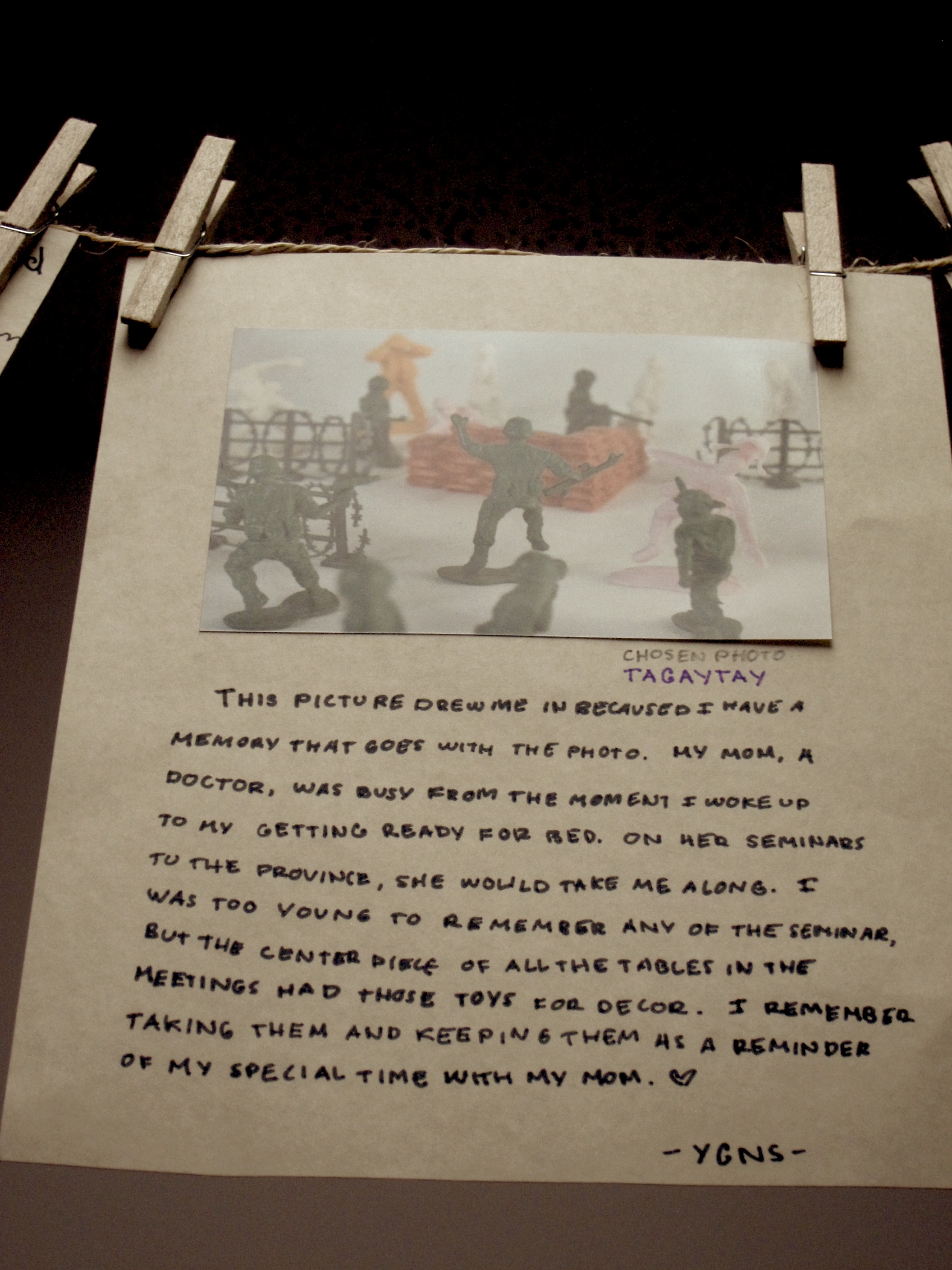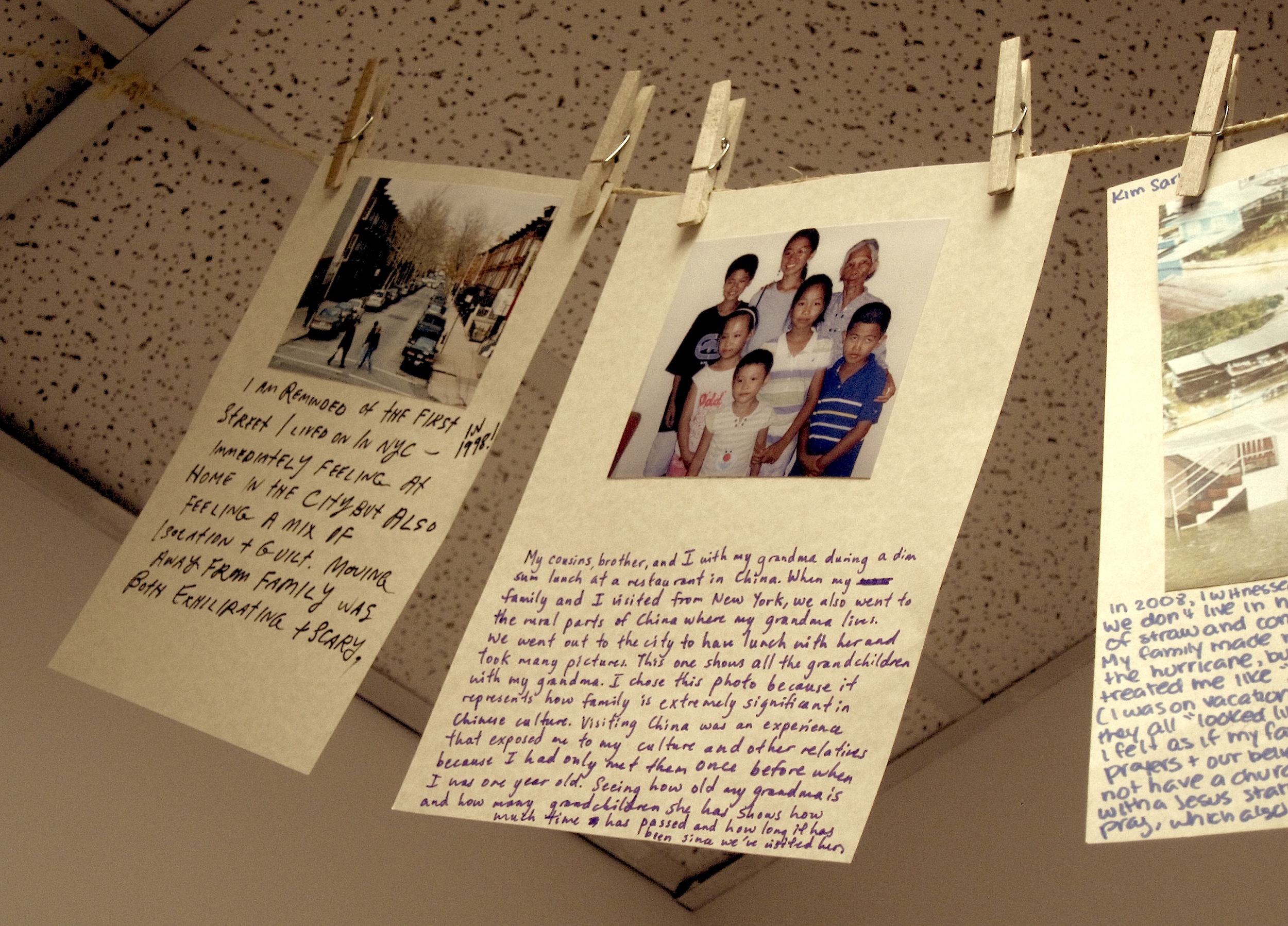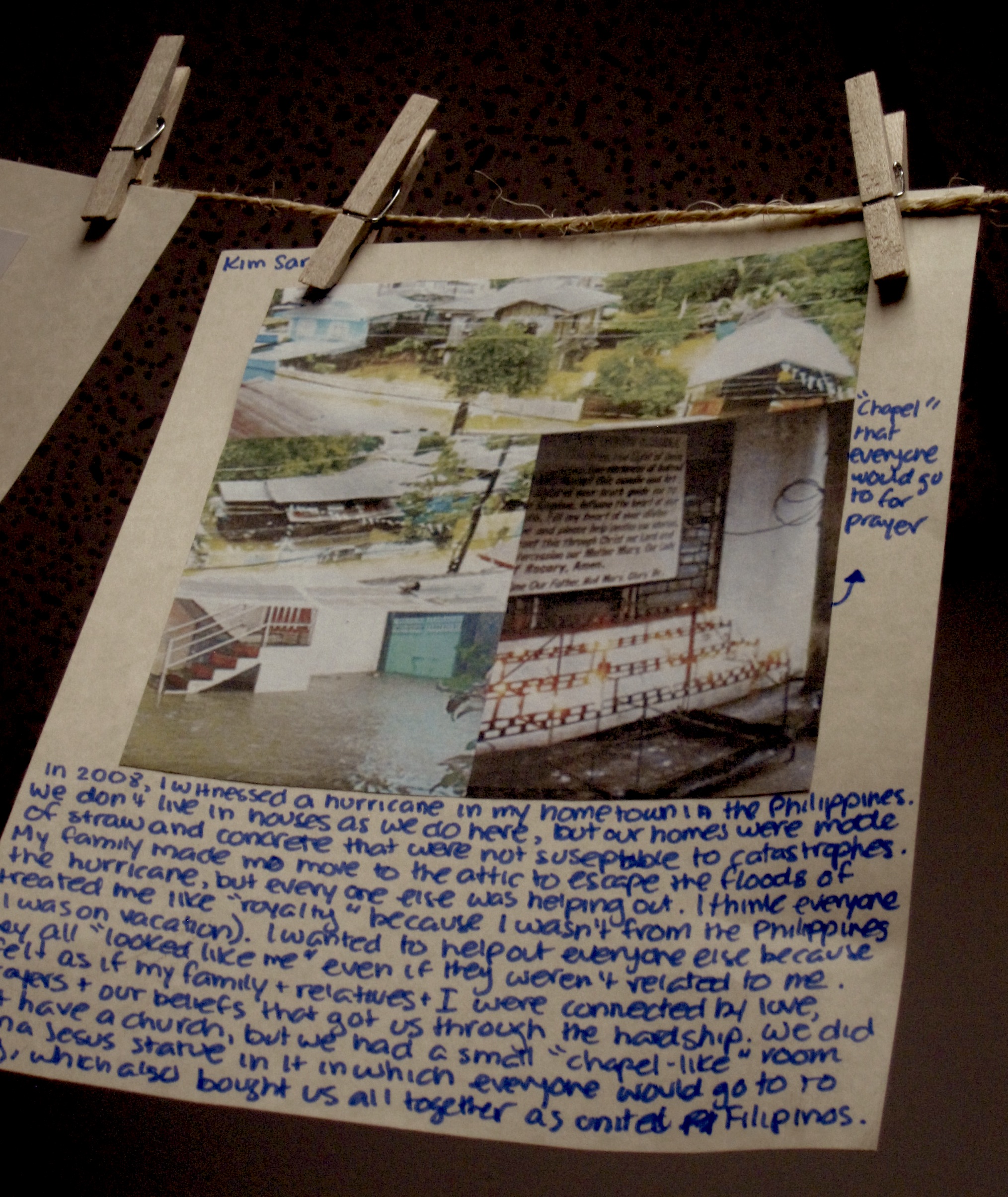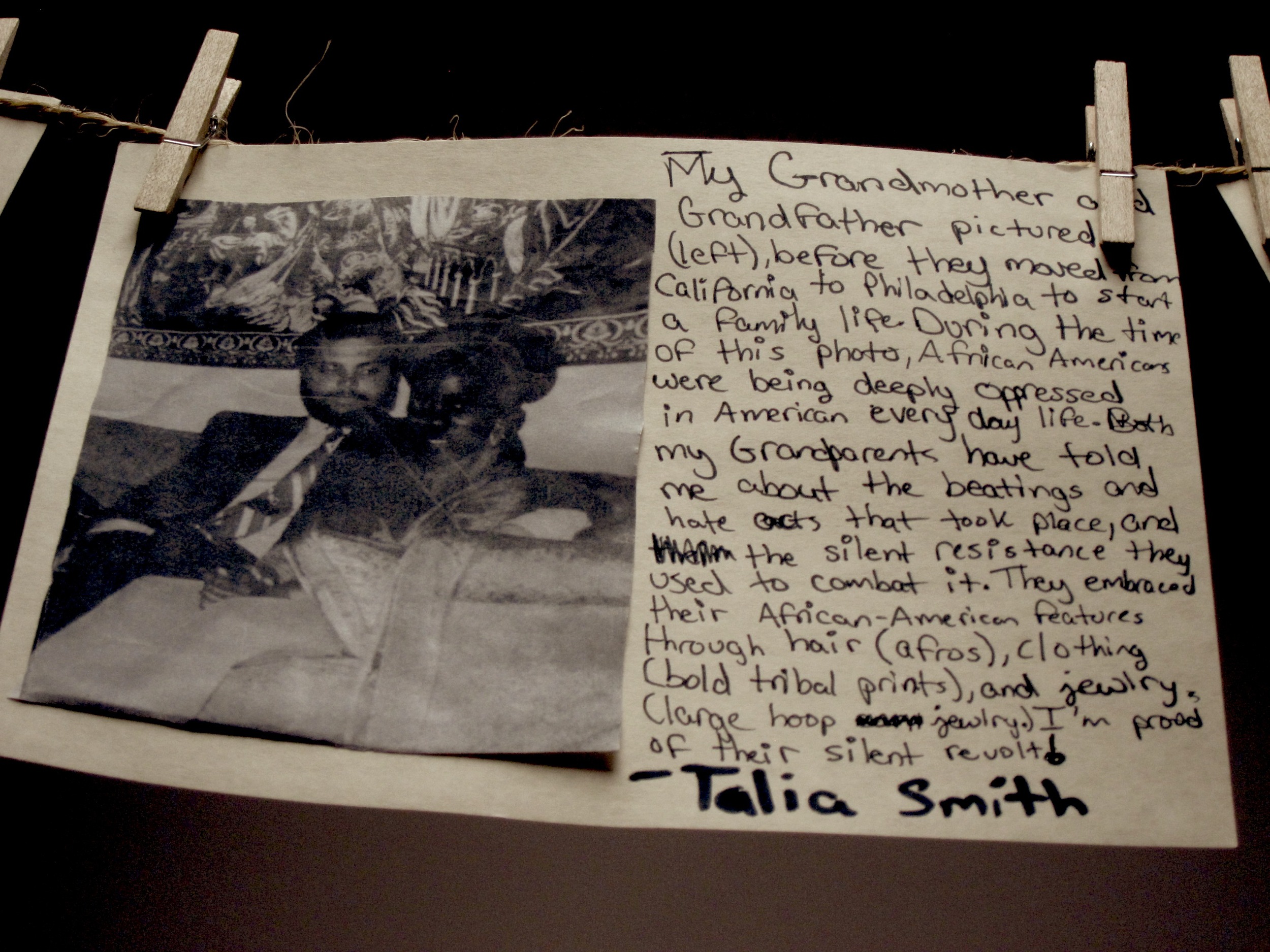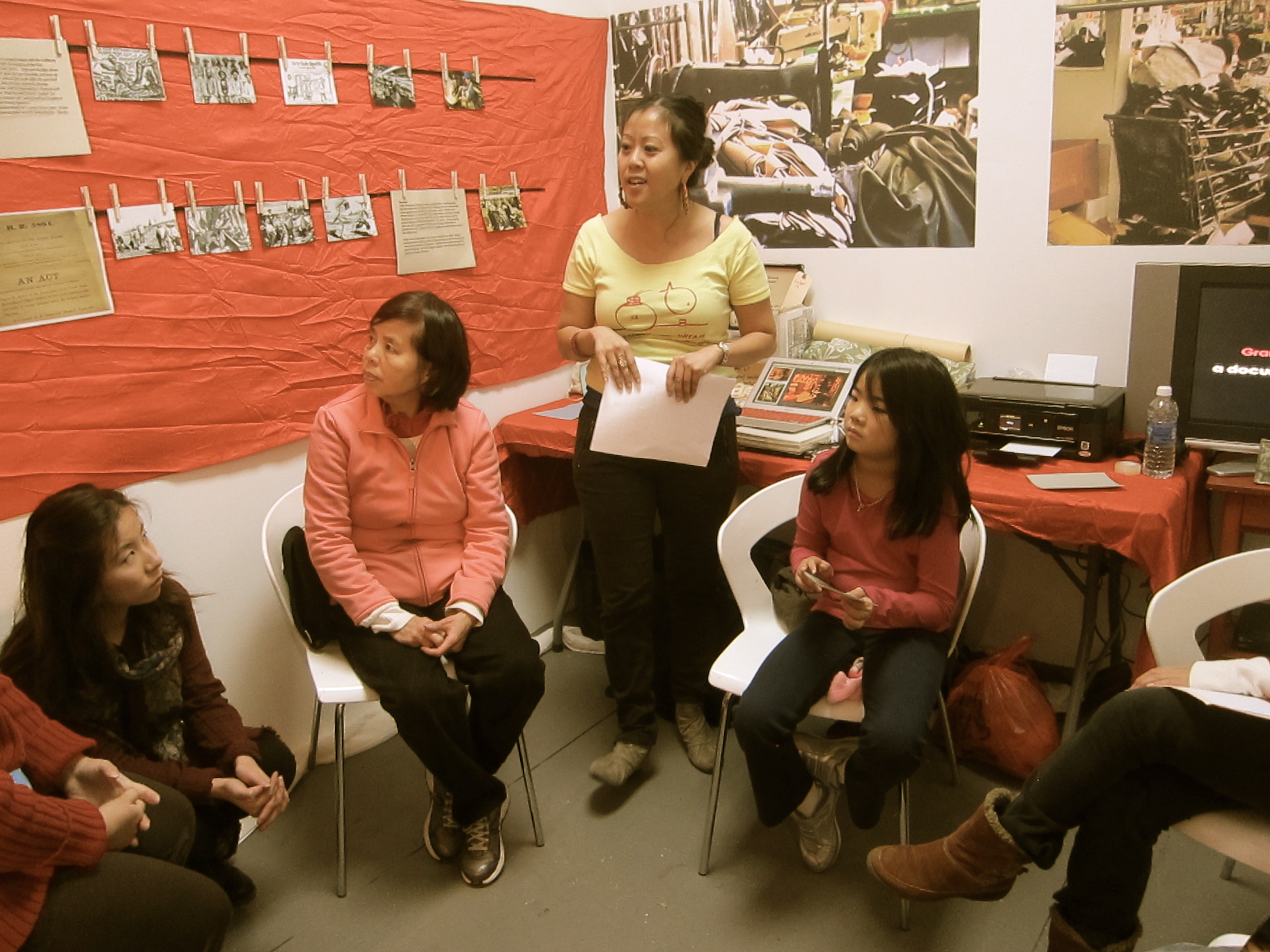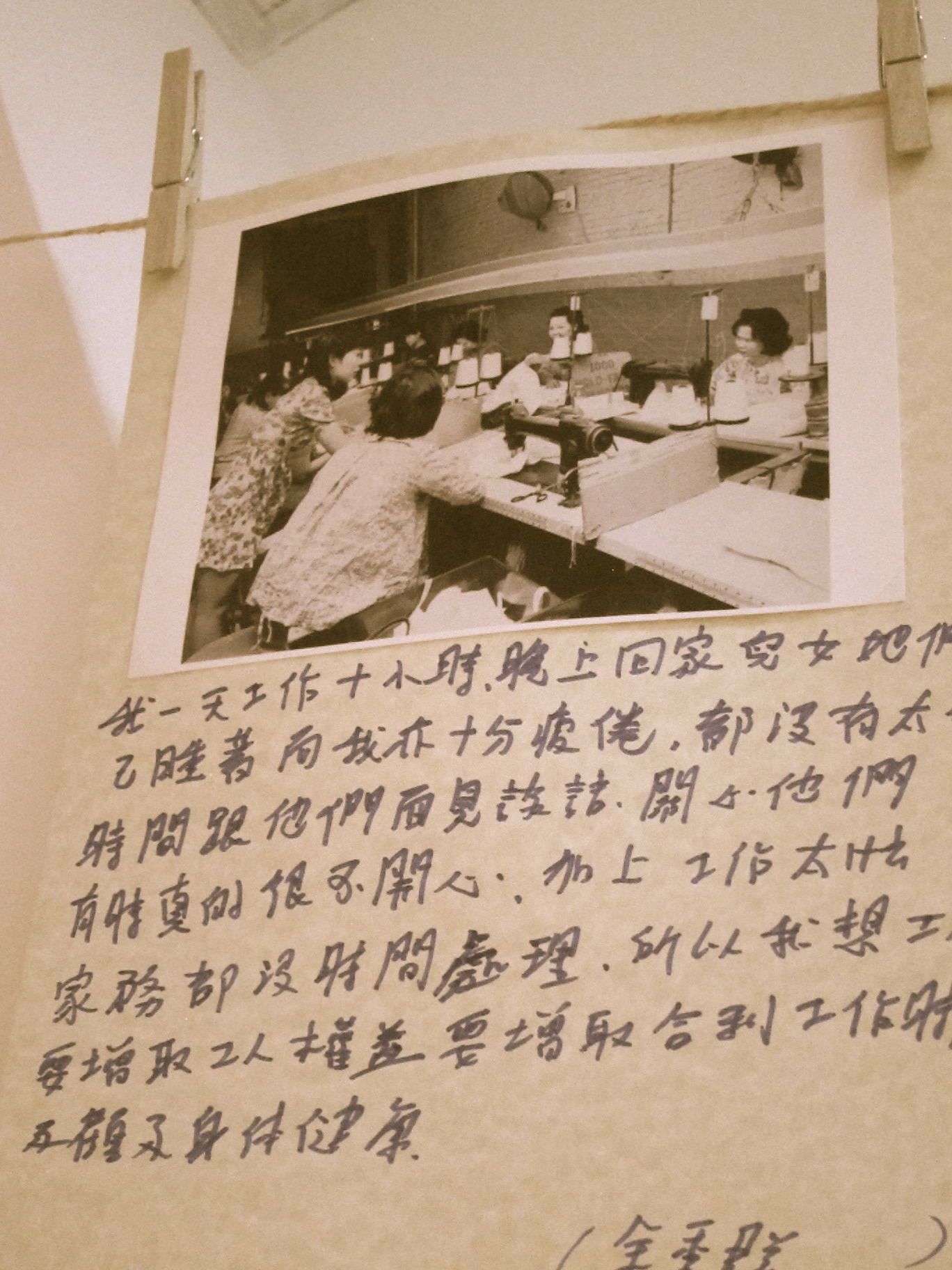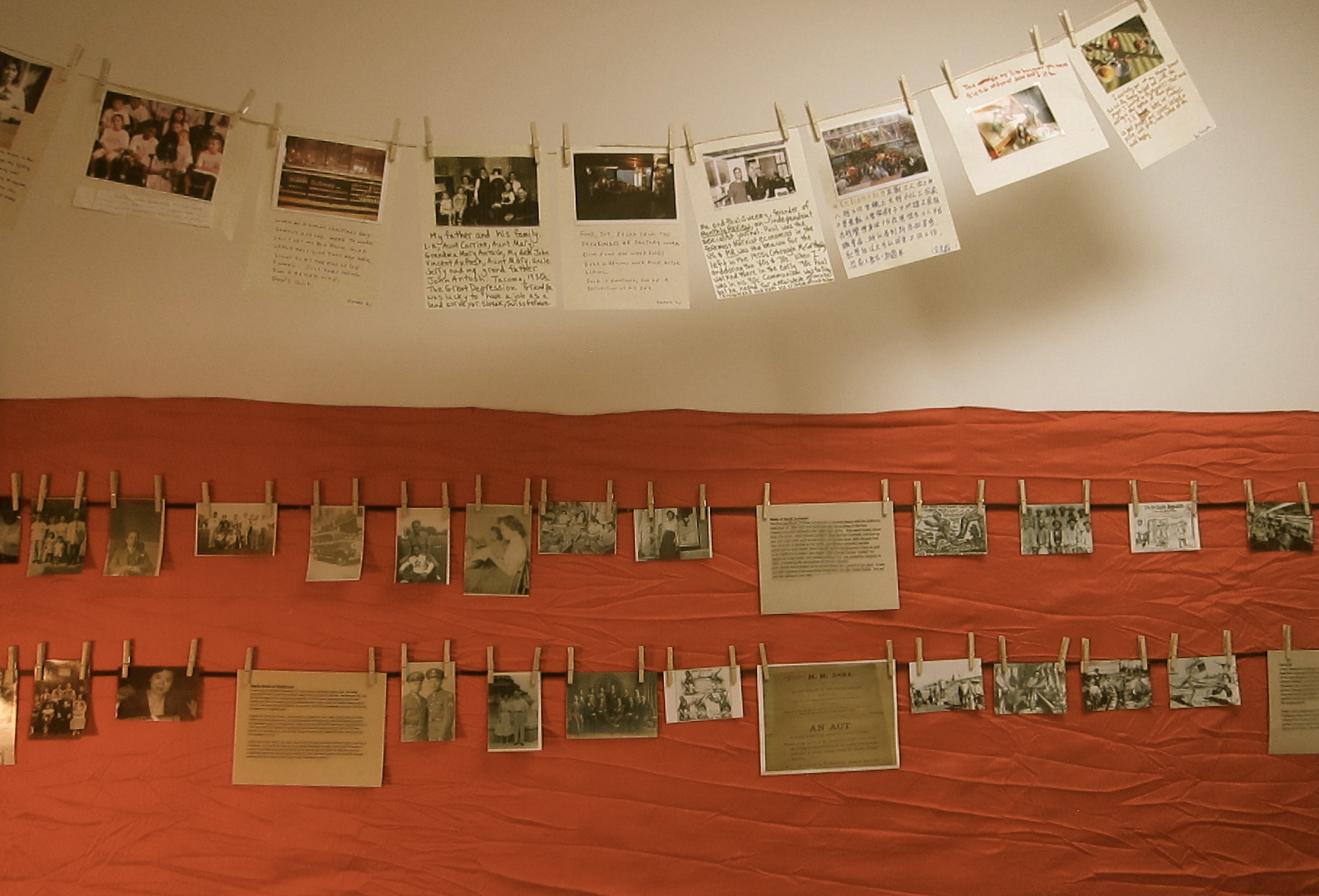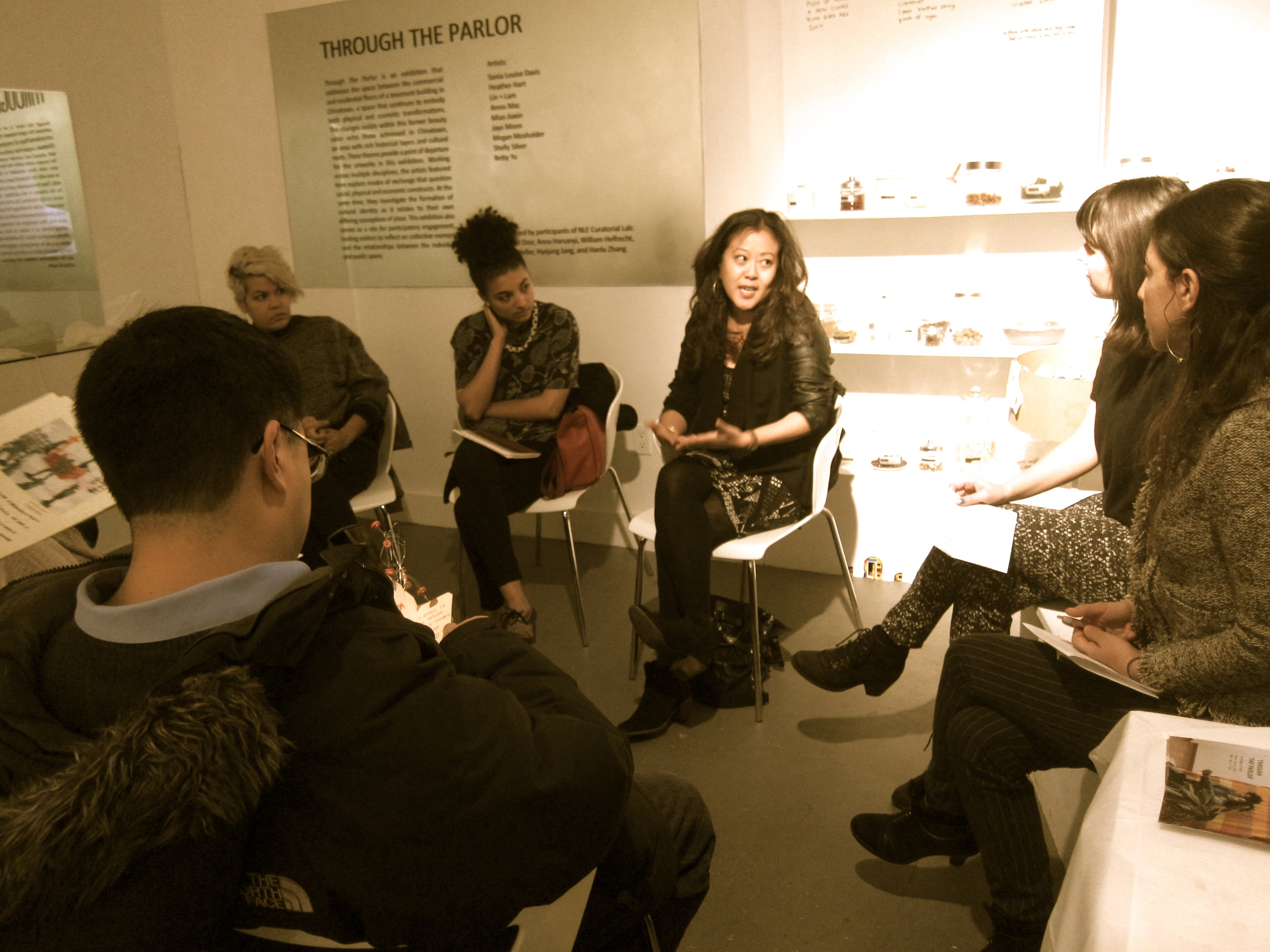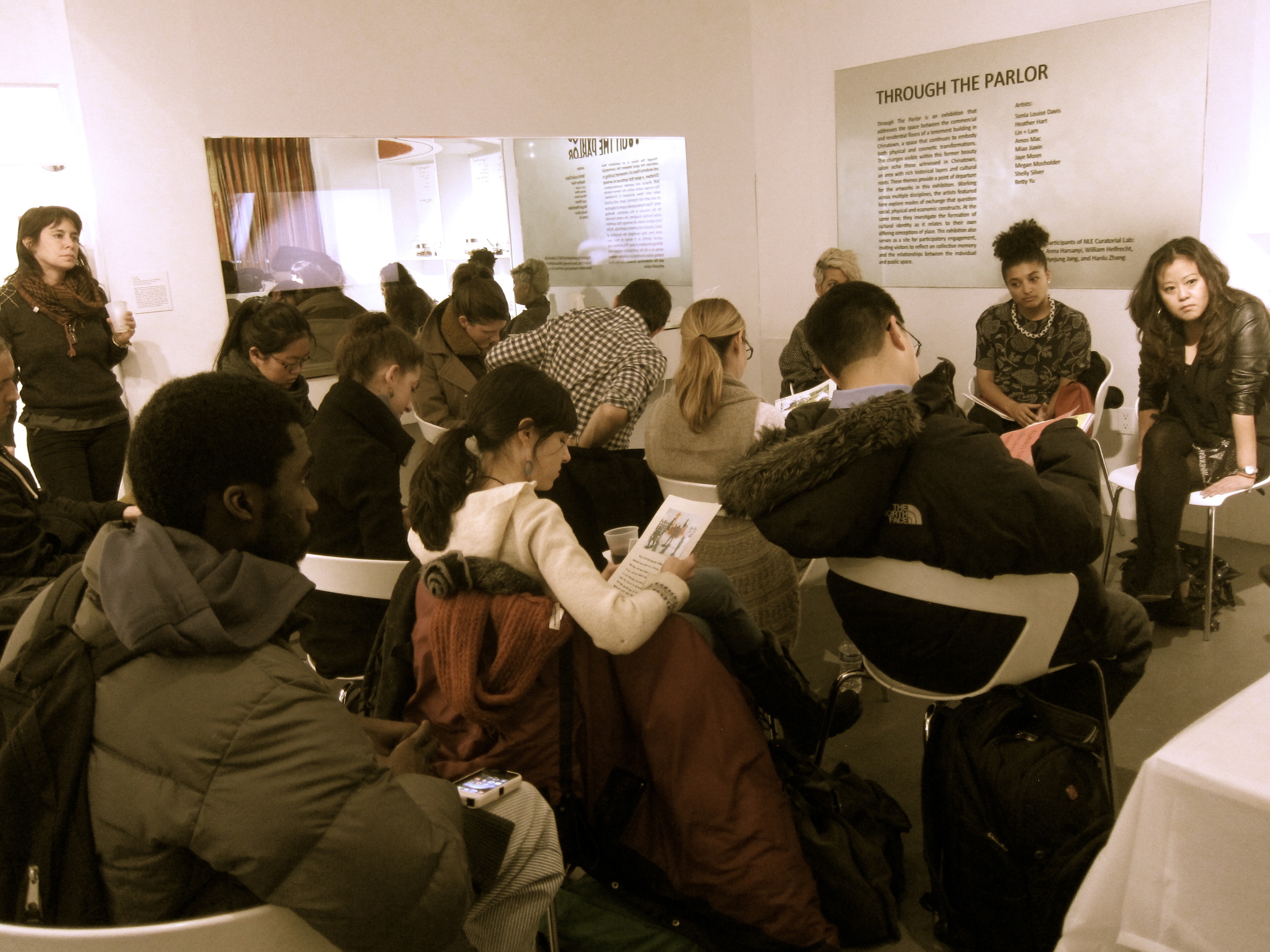IMMERSIVE / NEW MEDIA PROJECTS
A 2020 De-Gentrifying Manifesto for 2050
A VR, immersive 360 experience
“A 2020 De-Gentrifying Manifesto for 2050” is a work-in-progress experimental hybrid documentary presented in the form of a VR, immersive 360 and single-channel video piece. It is a dystopian turned futuristic daydream that investigates the possibilities of de-gentrification and decolonization across parallel and intersecting histories. My own story - a daughter raised by Chinese immigrant garment workers growing up in Brooklyn's Sunset Park - is the portal to experiencing this hybrid reality, The journey time travels to Albany, Georgia where the U.S.'s first community land trust and farm collective was established by a dozen black farm farmers from 1969 to 1985. The experience engages our collective imagination as a method to decolonize, de-gentrify and liberate our minds. It challenges us to imagine a de-gentrified future that is socially just that prioritizes people before profits.
The Garment Worker
An Interactive Media Installation for Community Dialogue
“The Garment Worker” an interactive installation piece that focuses on the daily life of a garment worker and the hardships she/he encounters working in a sweatshop. "The Garment Worker" has been exhibited four times in New York City, which included the 2014 Tribeca Film Festival's Interactive Showcase, a 5-week exhibit in a pop-up gallery in Chinatown, and a local laundromat in Brooklyn, New York where she was a Public Artist in Residence with The Laundromat Project.
Through the integration of a sewing machine, video and audio, “The Garment Worker” provides a rare look into garment working conditions that Chinese immigrants face in New York City through the personal story of the artist. The user experience the sounds and motions of a garment worker. When the user turns the balance wheel or slide the stitch control or pushes their foot down on the pedal different stories and facts of the garment industry appear on the screen.
The project was dedicated to the artists’ family, who has worked in the garment industry for over three decades and in particularly to her sister, who was a Chinatown labor activist and passed away in 2010.
Read more about "The Garment" Worker Installation:
The Laundromat Project Artist Residency and Exhibition in 2013
Watch a short video of the installation showcase at Tribeca Institute Interactive 2014
Exhibited at Squeaky Wheel Media Art Film and Media Center in 2020
Exhibited at SPACE Gallery in Portland, Maine in 2021
Watch the short videos accessed through operating the interactive sewing machine.
WORKShifts: Race, Labor and Defining Ourselves
"WORKShifts: Race, Labor and Defining Ourselves" is an interactive installation project that was part of a 5-week run show called "No Longer Empty: Through the Parlor" in New York City's Chinatown in November 2013.
“WORKShifts: Race, Labor and Defining Ourselves” is an interactive installation that merges the artists' family immigrant work experiences and the painful history of economic racism of the Chinese community in the U.S. These images of my family, racist caricatures and illustrations of the Chinese “coolie”, and stories of struggle and resistance dating back to the 1880’s help shaped who I am as an artist, a media justice organizer, and community member today. The exhibit also displays found family photos from the 1930's of the artists' grandfather who came to the U.S. as a "merchant" while the 1882 Chinese Exclusion Act was still in effect.
The show included "The Garment Worker” an ongoing interactive media project that focuses on the daily life of a garment worker and the hardships she/he encounters working in the garment sweatshop industry. Through the integration of a sewing machine, video and audio, “The Garment Worker” provides a rare look into garment working conditions that immigrants workers face in New York City through first hand stories, testimonials, facts and through the personal lens of the artist and her family.
